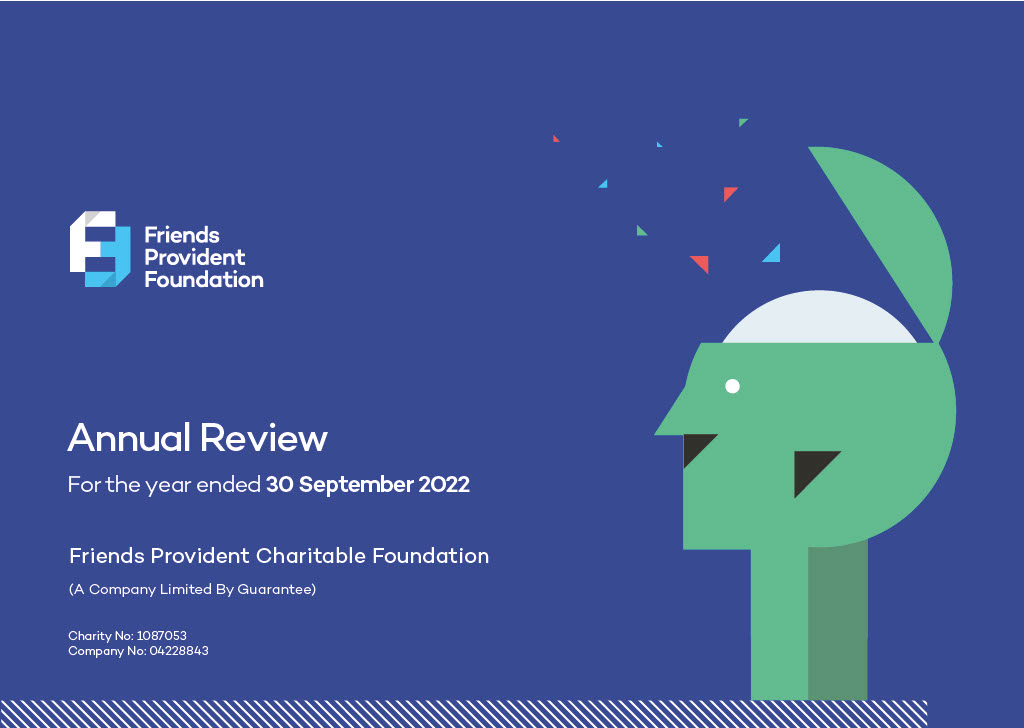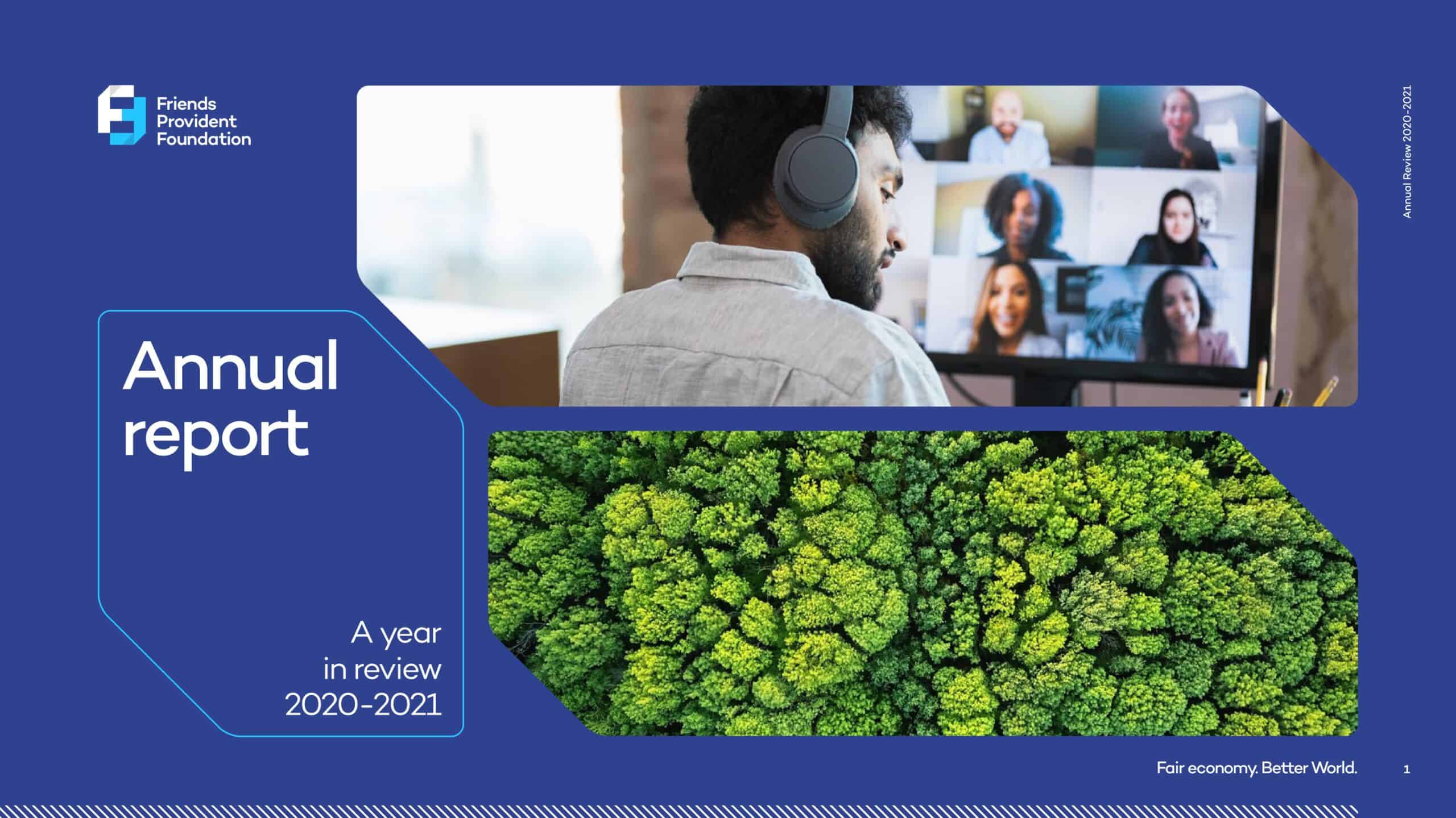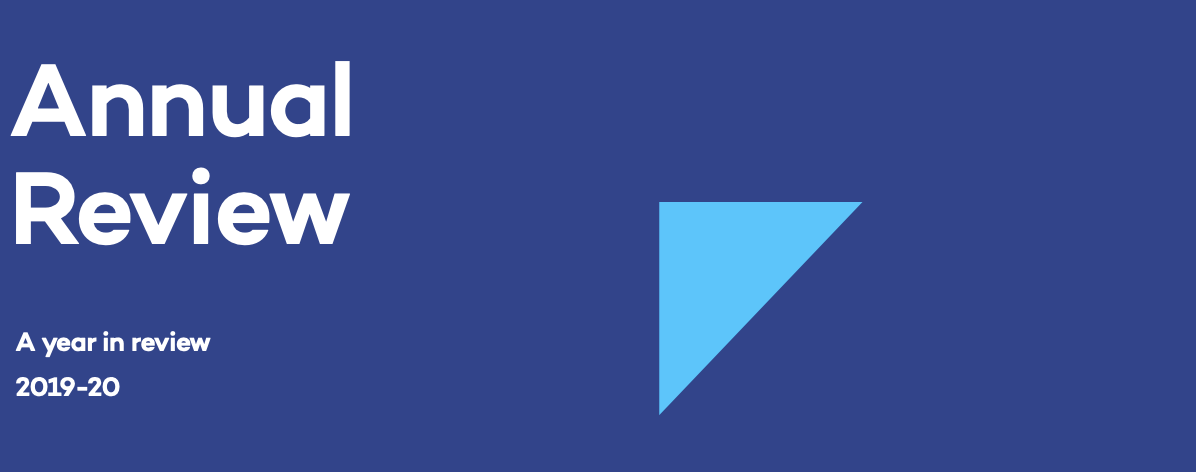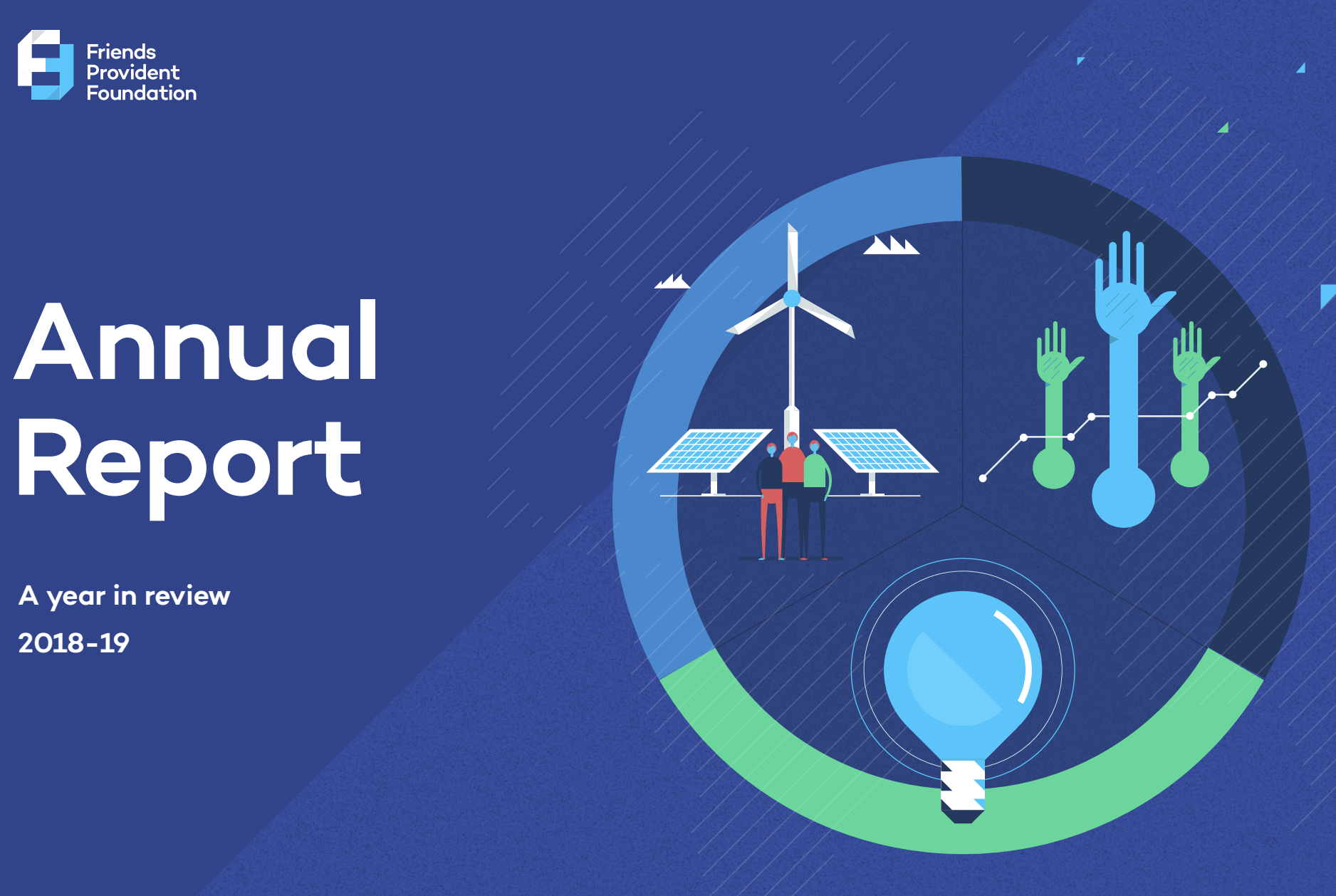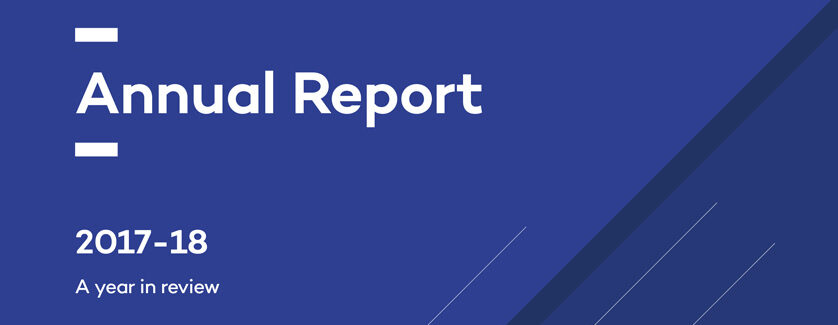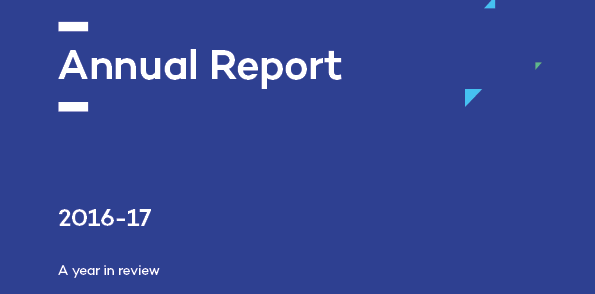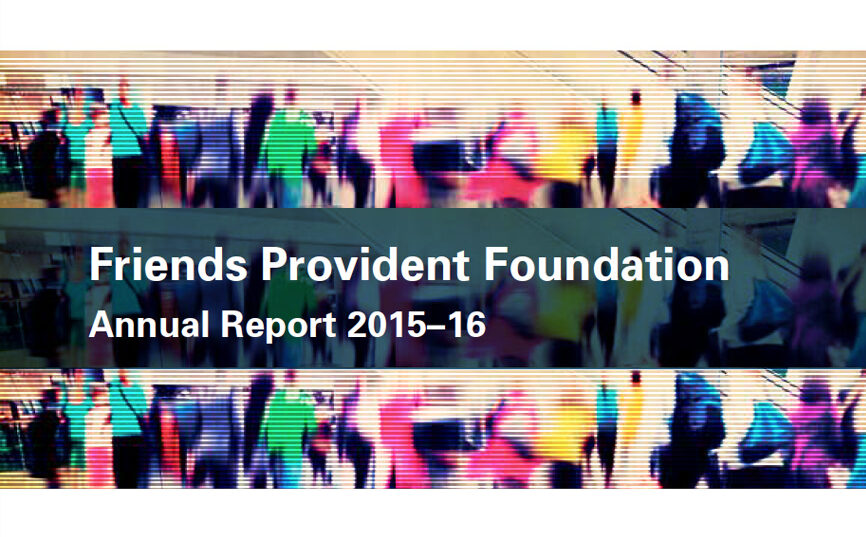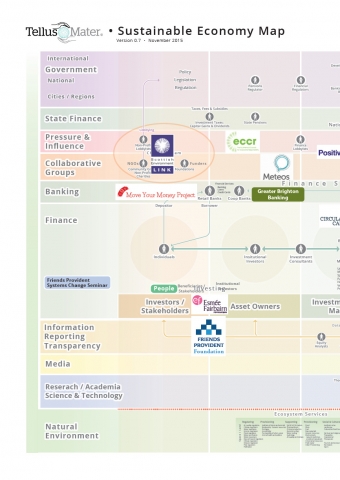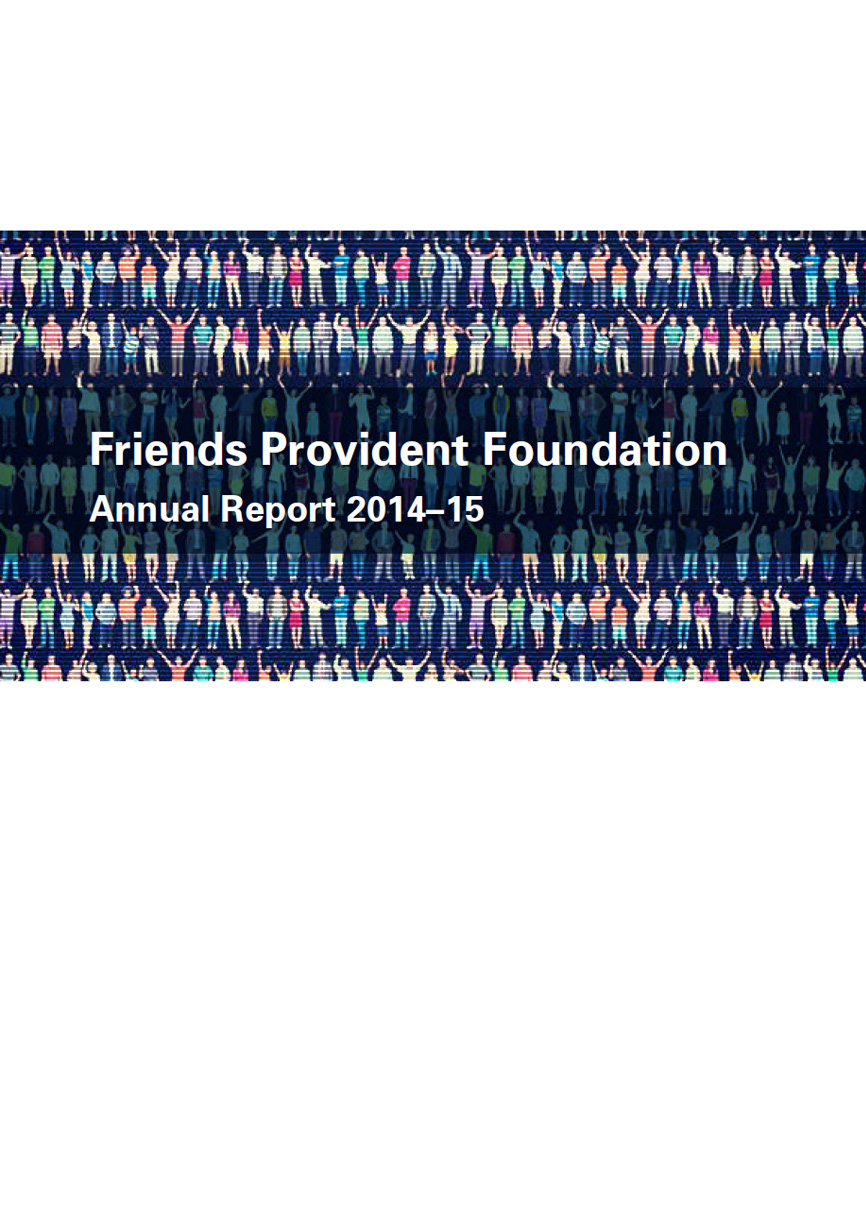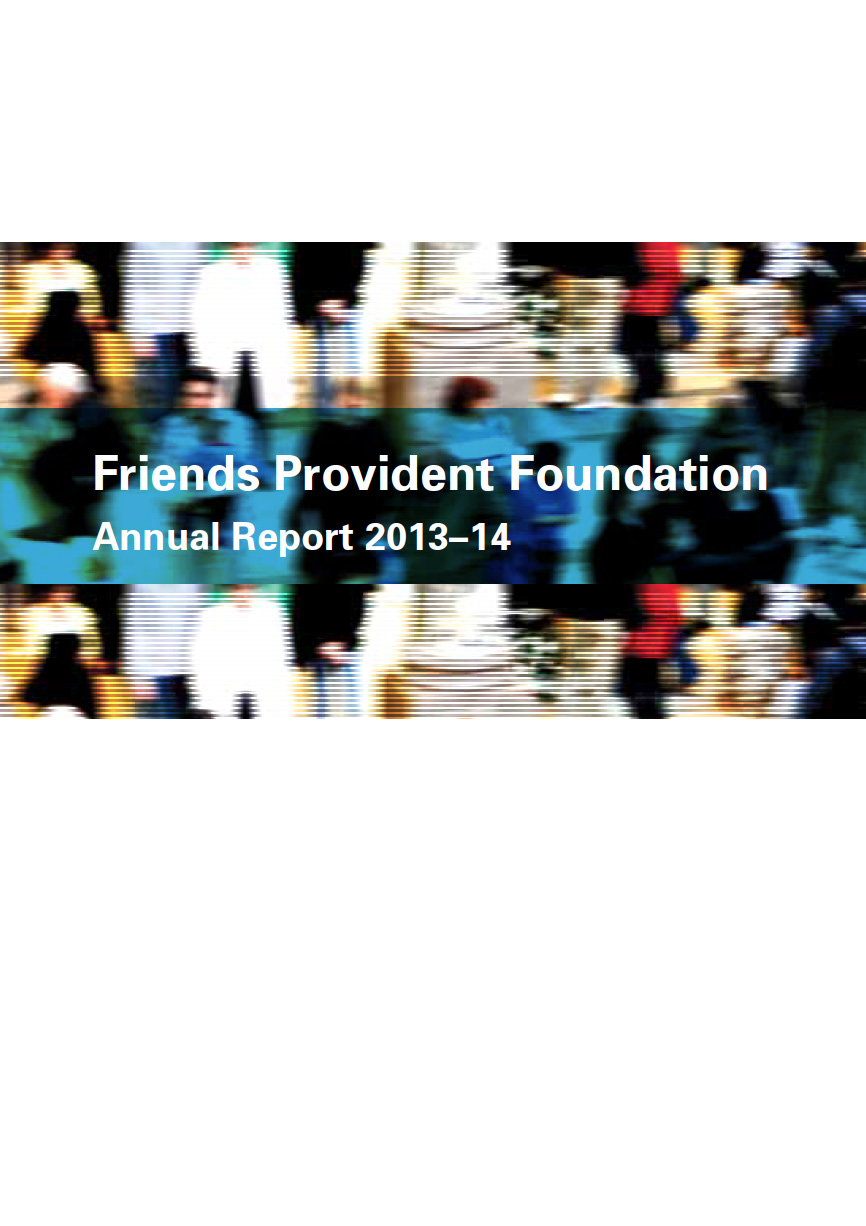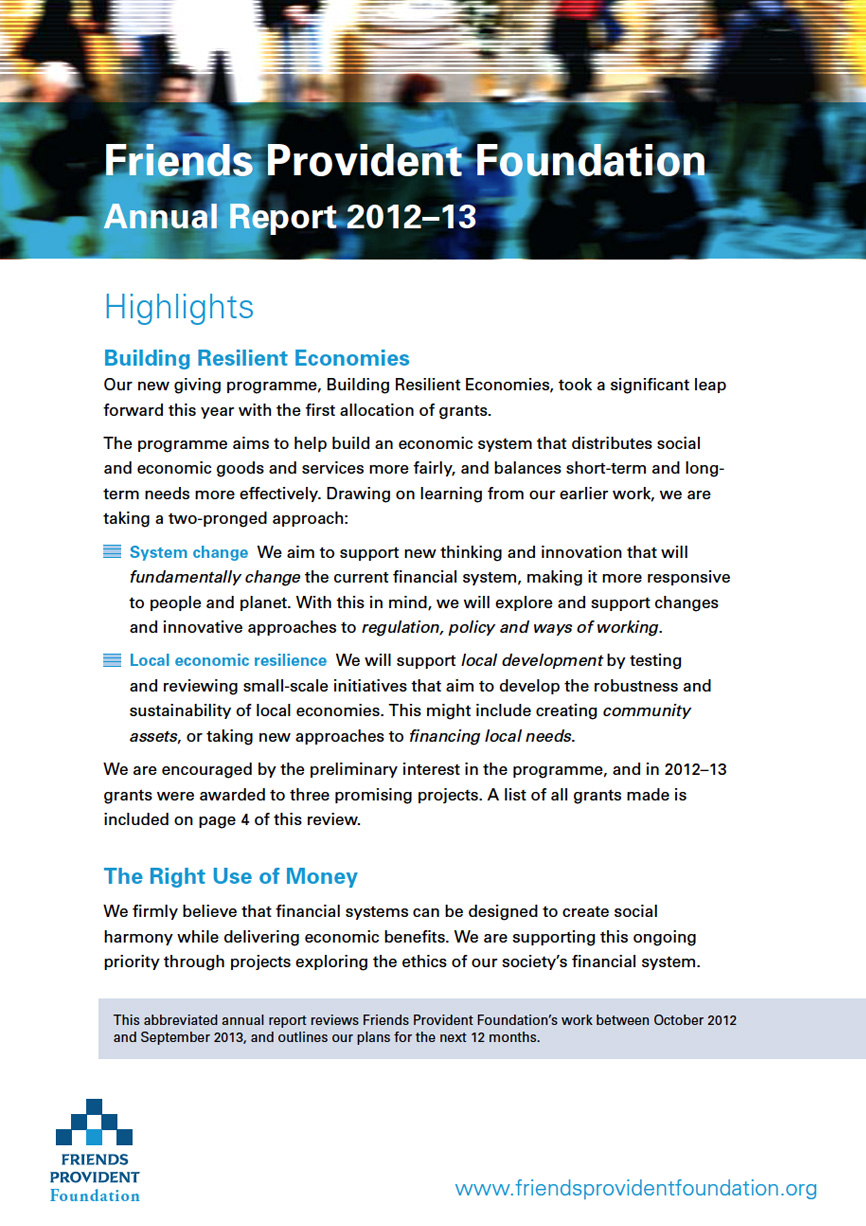


Economist Education Video
Author: Friends Provident Foundation
Date: 26/07/2021

When Friends Provident Foundation (FPF) began its programmeme to explore how the economy might serve society better, it was based on several views:
- The economy is how capital is distributed, assets accumulated, and goods and services exchanged. These are all useful to society in general and vital to the market economy in the UK, specifically.
- In addition to these functions, the economy as currently structured also produces a range of other outcomes which are less socially desirable: inequality, environmental degradation and the breakdown of natural systems, assaults on health and privacy. The financial crash of 2008 also revealed that market mechanisms within the economy were not as efficient as previously thought in allocating capital in the most efficient way to the best uses.
- These are outcomes that are externalised – created within economic systems but largely considered beyond the responsibility of economic players to put right. In the UK, it is expected that the State and philanthropic organisations should resolve these “social” problems.
Central to this was the idea that the economy was a social construct which is collectively designed to perform a range of functions. Economists are key designers of the concepts, institutions, measurements, and policies that shape the operation of the economy; how they are educated and who they are beginning to get at the fundamentals of managing economic thinking.
Following the economic crash in 2008, the Queen is reported to have asked why no one foresaw the crises. In a response in 2009, economist Tim Besley from the London School of Economics stated “the failure to foresee the timing, extent and severity of the crisis and to head it off, while it had many causes, was principally a failure of the collective imagination of many bright people, both in this country and internationally, to understand the risks to the system as a whole.”
Every year over 10,000 economics students graduate from UK universities and fill the worlds of finance, business, policy making and regulation. Equipping these economists of the future with the ability to imagine and understand the economic system is the shared goal of the projects we have supported that challenge the economics curriculum.
The interventions
We have supported two interventions that focus on improving economics education in the UK and beyond –
Post-Crash Economics Society or Rethinking Economics: PCES now called Rethinking Economics was established by students in 2013 to challenge the teaching of economics at the University of Manchester. They, alongside other student societies in the UK and internationally believe that students are taught one economic perspective as if it was universally established truth. Critical and independent thinking is discouraged and there is insufficient coverage of history, ethics or philosophy. (Grants in 2014, 2016 and 2019)
CORE Economics: which stands for Curriculum Open access Resources for Economics, was created in 2015 as a project operating out of University College London with contributions from academics in the US, UK, India, South America and Europe. The academics running the CORE project responded to the widely shared conviction that current teaching fails to equip students to address questions of public policy by seeking to close two gaps. The first is between what is currently taught and what economists have learned over the past few decades but especially since the financial crisis of 2008. Secondly, CORE aims to close the gap between passive lecture and textbook methods and the free online interactive teaching and learning now possible. (Grants in 2015 and 2018)
Theories of Change
The theory of change that Rethinking Economics operates can be summarised as:
Reforming economics education is a chance to change the way economics graduates think about and practice finance and economics. Corporate and regulatory decision making would be improved dramatically if agents were exposed to multiple approaches to economics, were trained to be able to evaluate economic theory critically and were aware of the ethical questions fundamental to both the theory and practice of finance.
Student societies hold the key to curriculum reform. The economics discipline requires external pressure to change as it has shown no sign that it will reform itself, and internally led proposals for reform are too incremental. The rapid spread of reform societies and widespread support in civil society makes the aim of fundamental curriculum reform highly achievable. By supporting the development of an effective student movement, Rethinking promotes the issues to new students and spreads awareness and grows a sustainable call for heterodox economics curriculum with an emphasis on drawing on a range of economic thought.
Core Economics takes the perspective that what is commonly taught – with a focus on profit maximisation, self-interest, presumption of market equilibrium – is a distortion of economic thought. The CORE curriculum (an introductory year for undergraduates) aims to redress this balance through a curriculum designed to empower students, so that economics for them becomes something that they do, not something that they simply learn. The modular and free online nature of the materials means that they are readily useable by teachers in schools and colleges and by groups wishing to empower their memberships through workshops, focusing on issues including globalization, environmental sustainability and economic justice. By engaging students in central questions of society through the lens of economics, CORE hopes to both encourage a wider range of students to take economics courses as well as to stay interested in economic thinking as a potential way of addressing challenges facing us all.
The projects that FPF has supported do not entirely agree with each other in terms of how best to achieve the central aim of equipping economists of the future with the ability to meet the substantial challenges of inequality, environmental degradation, the failure of democratic institutions and increasing economic instability arising from climate change. The CORE project is a current system intervention – it is about teaching and learning in classrooms now. Rethinking takes a longer view and is focused on building a student movement to sustain pressure on academic institutions to widen and broaden what is taught as economics; this is likely to take a generation to see change.
FPF takes the view that these interventions are intrinsically linked and are complementary: the pressure brought by Rethinking to academic institutions provides a potential source of impetus which will drive institutions to respond by adopting CORE or other new curricula. Our view is that economics curricula need to change in order to respond to the changing needs of our society and we support credible efforts to bring about that change. It is this reason we decided to undertake a project to amalgamate these two ideas, this resulted in a poem, both written and in a video format, addressing these issues.
Latest Resources
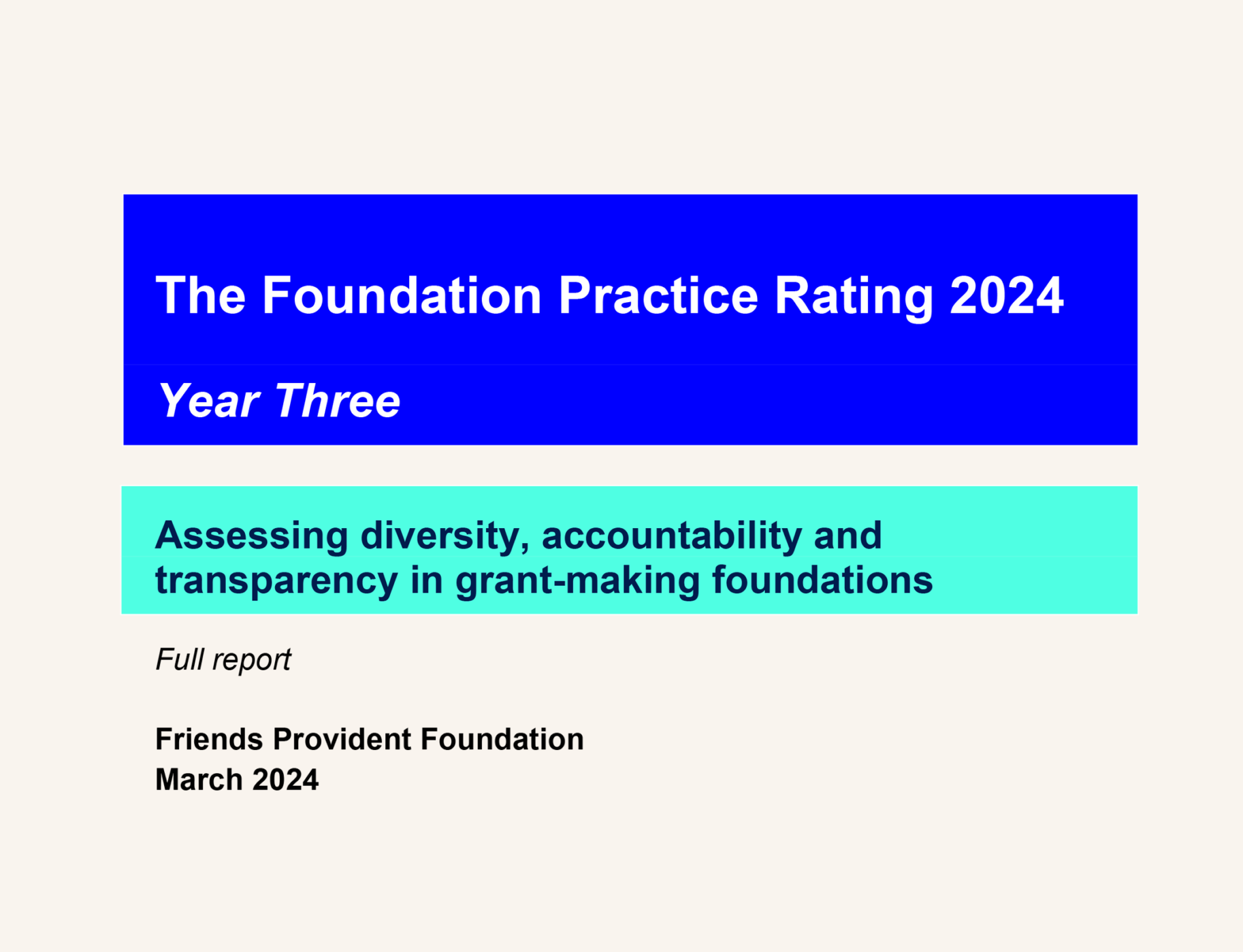
Resource
The Foundation Practice Rating 2023/2024 Report

Blog
Friends Provident Foundation Seeking Values-Aligned Investment Advice
We are seeking to appoint an external adviser on an ongoing basis to provide advice on our investment portfolio.

Resource
Investment Principles and Policy
The guiding document for how Friends Provident Foundation invests.
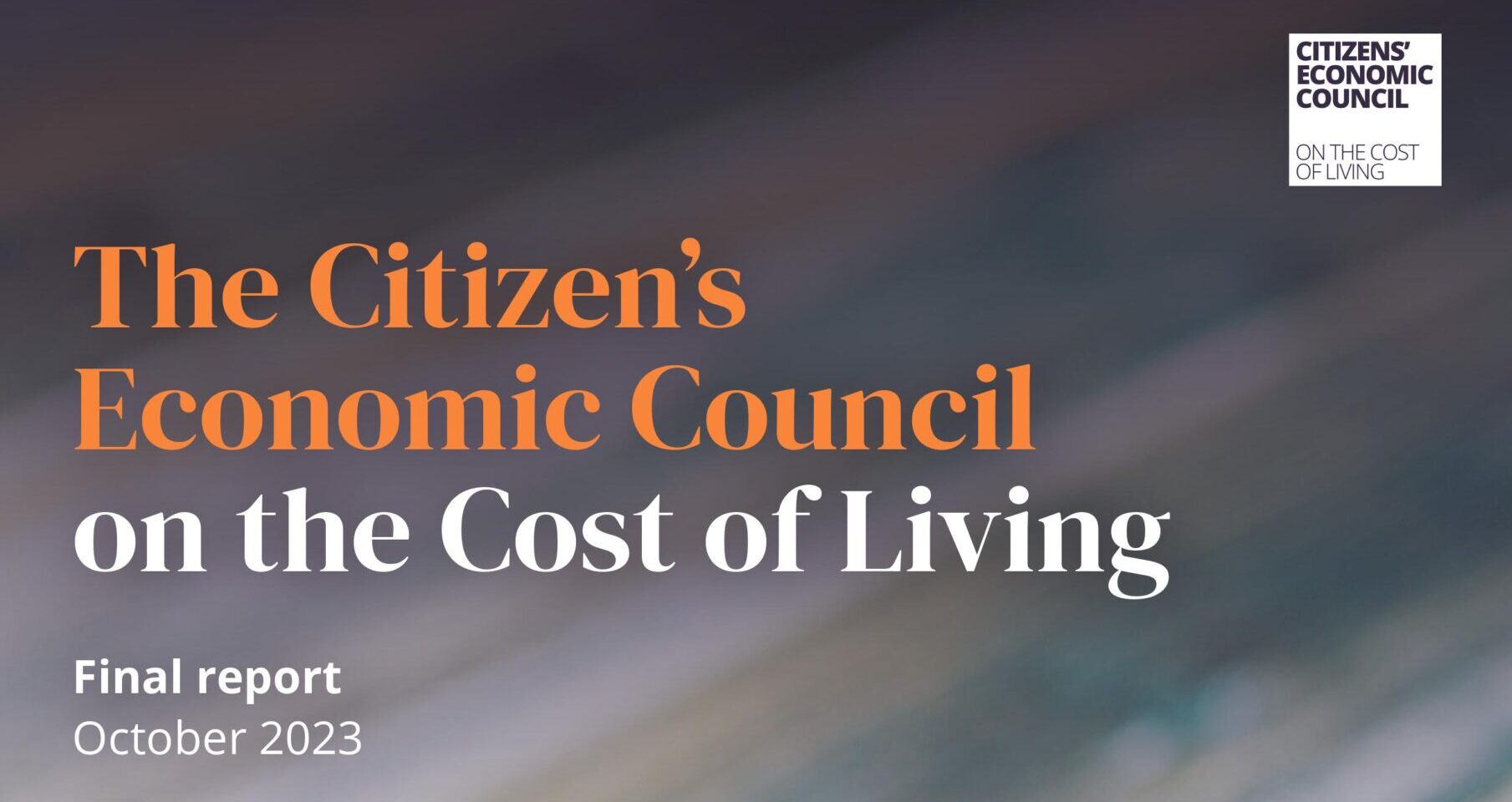
Resource
Citizens’ Economic Council report
Can involving the public in economic policy-making help the UK tackle the cost-of-living crisis?

Blog
Unleashing the Potential of Impact Measurement in Listed Equities: The crucial role for asset managers (part 1 of 2)
Impact investing is gaining traction, driven by asset owners seeking positive impact.
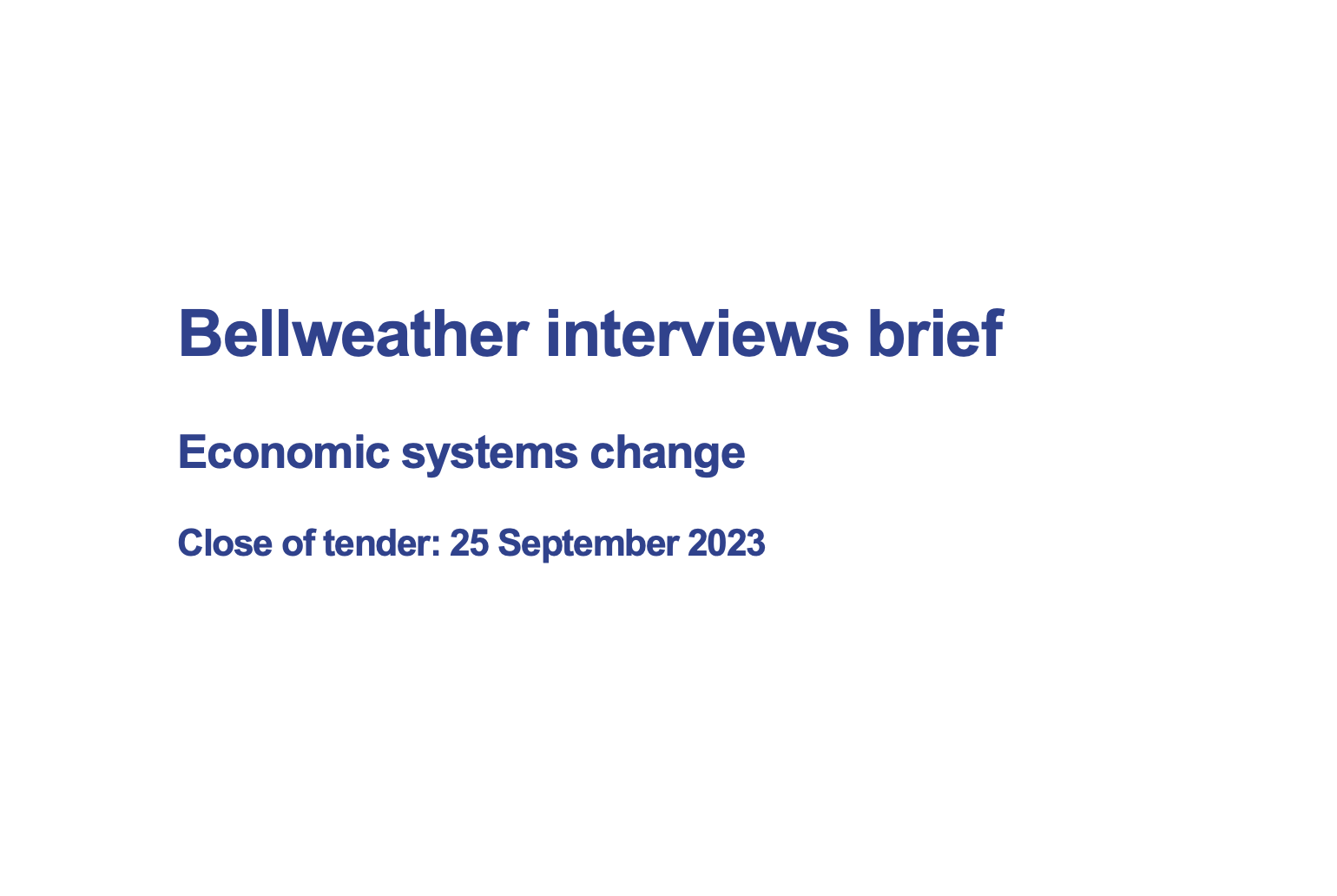
Resource
Bellwether interviews brief
Opportunity Alert! Join us in reshaping the economic landscape!

Blog
Learning to change: Evidence-based practices to support a Just Transition
The global pursuit of a sustainable future has never been more urgent.
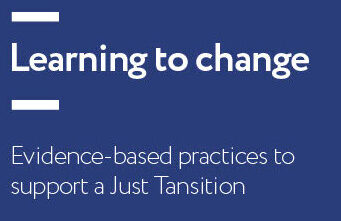
Resource
Learning to change: Evidence-based practices to support a Just Transition
In this report, we delve into the groundbreaking insights derived from three Foundation-funded projects.

Blog
Staff Spotlight: Jake Furby
This is a series of staff spotlights – showing the people behind the organisation! First up with have our Communications Manager: Jake Furby.

Blog
Reflective Blog: Mitie AGM and the Ethnicity Pay Gap
In this reflective blog, I would like to share my experiences and insights from the AGM, where I had the opportunity to stand up and advocate for voluntary ethnicity pay gap reporting.

Blog
Pride Month
LGBTQIA+ (Lesbian, Gay, Bi, Trans, Queer, Intersex, Asexual and +) Pride Month is a significant time to reflect, renew, and invigorate the movement for LGBTQIA+ equality.

Blog
Welcome to two new Trustees
We are thrilled to have you here, and we can’t wait to share exciting stories, insights, and updates from the foundation.

Blog
Introducing Charlie Crossley, our new Investment Engagement Manager
Charlie is based in London. In this interview Charlie shares his work experience and motivations in joining the foundation, and talks about the foundation’s ‘4Ds strategy’.

Blog
Foundation Practice Rating Year Two Friends Provident Foundation Reflections
We recognise the need to improve in the three domains of diversity, accountability, and transparency, both individually and as a wider sector, with the aim of bring about change.
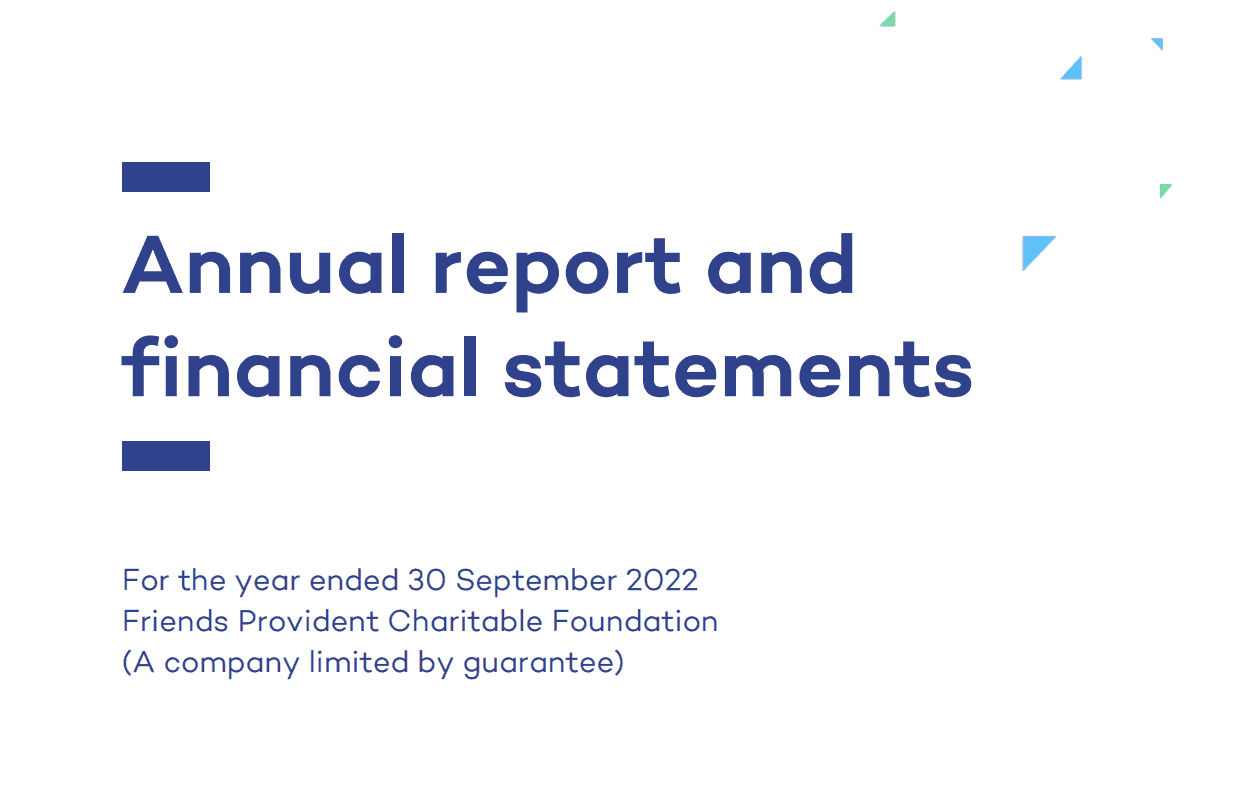
Resource
Report and Financial Statements 2021-2022

Resource
Climate emergency declaration
Friends Provident Foundation recognises that business as usual risks climate breakdown with profound consequences for people and planet.
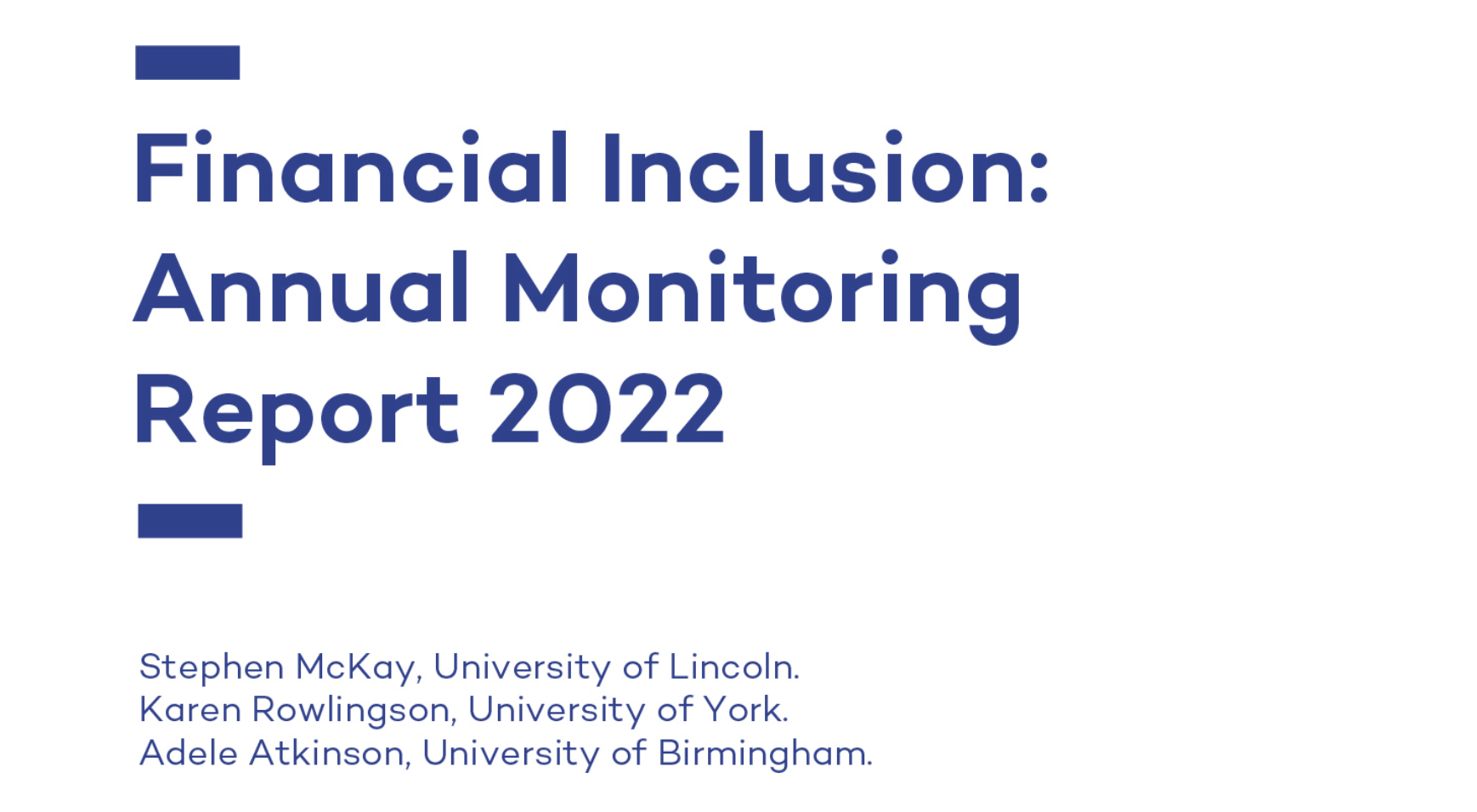
Resource
Financial Inclusion: Annual Monitoring Report 2022
Poorest citizens ‘worn down’ as financial inclusion remains distant dream for the UK. The UK has made little progress in the last decade towards creating a truly financially inclusive society, a new study reveals.
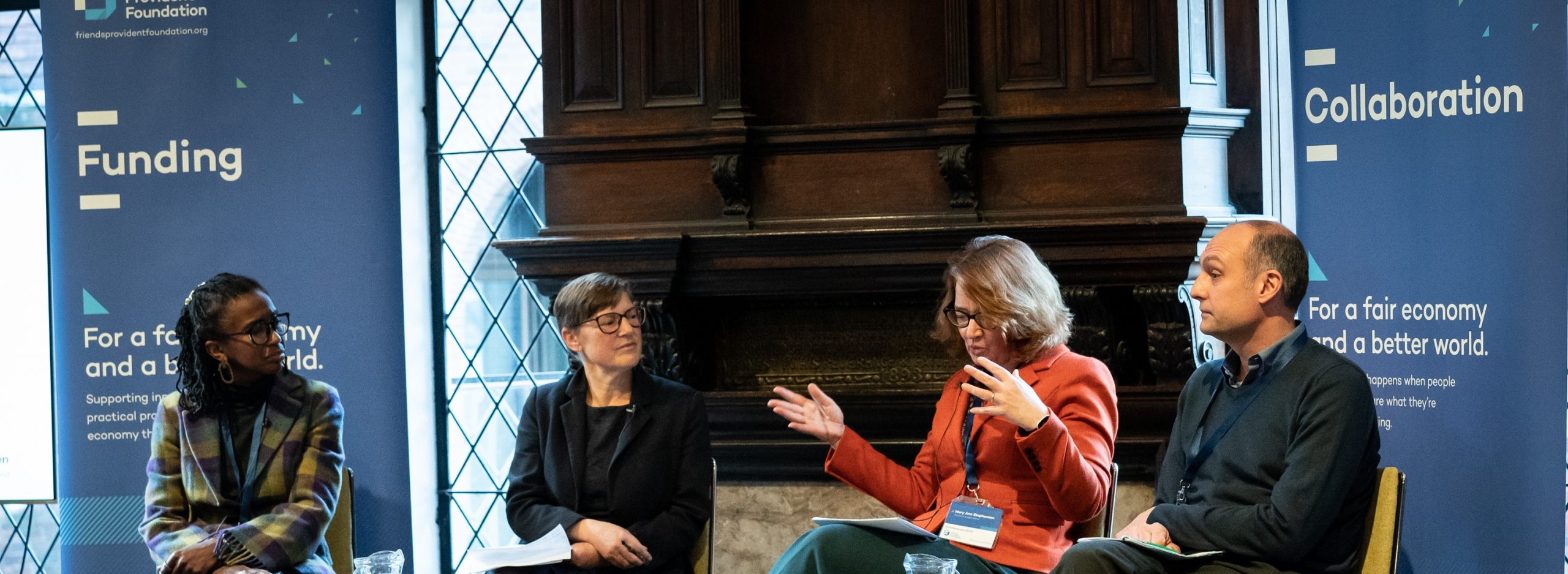
Blog
Conference 2022 – Reflection
This year we were delighted to hold our conference at Toynbee Hall, in London.

Events
Annual Conference 2022
We shall be hosting our Annual Conference on Wednesday 23rd November at Toynbee Hall, London.
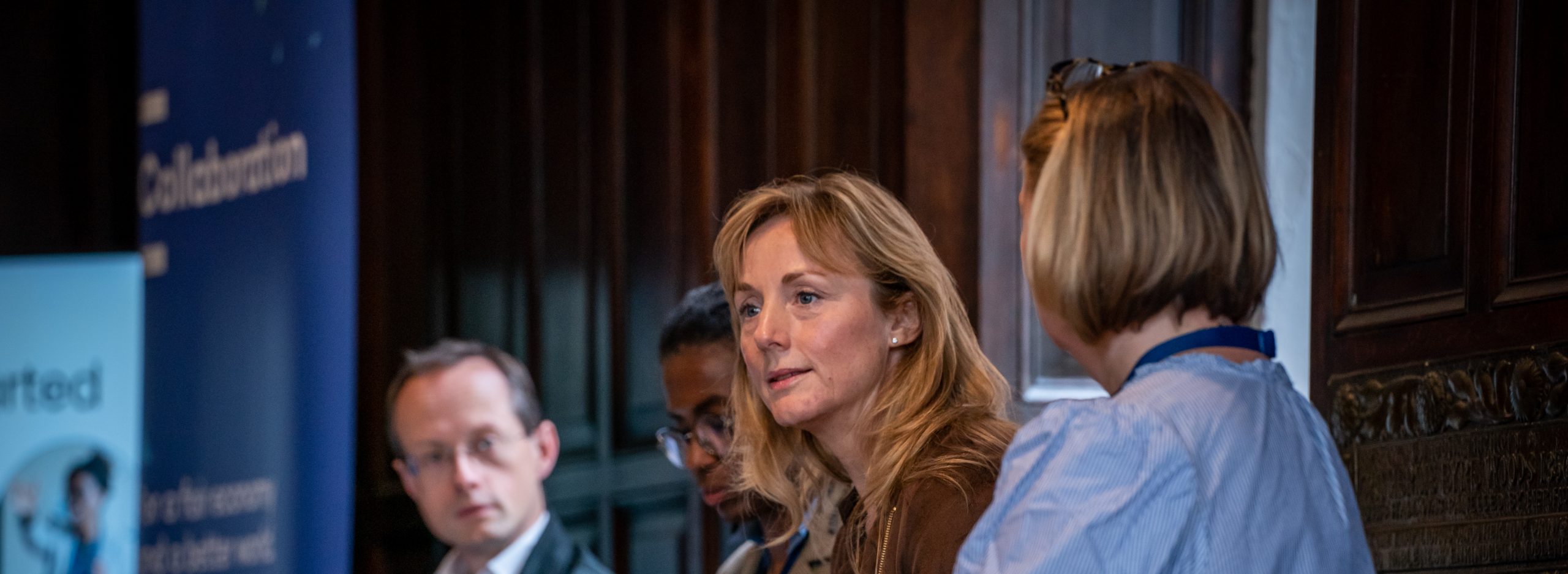
Blog
Reflections on Utilising Whole Endowments for Mission event
At Friends Provident Foundation, we believe that an organisation’s mission must be aligned to all activities undertaken by the organisation.

Blog
Community wealth and asset approaches for London
People across the country are facing historic hikes in their living costs.

Events
Utilising whole endowments for mission – peer to peer learn and share
Friends Provident Foundation and EIRIS Foundation invite trustees and staff of mission-led asset owners to join us to explore why and how to utilise their endowments for mission and positive impact.

Blog
Friends Provident Foundation to triple capital allocation
Friends Provident Foundation has today announced it will more than double its investment in award winning impact fund Snowball with immediate effect and will invest a further £1m for every £10m Snowball raises.
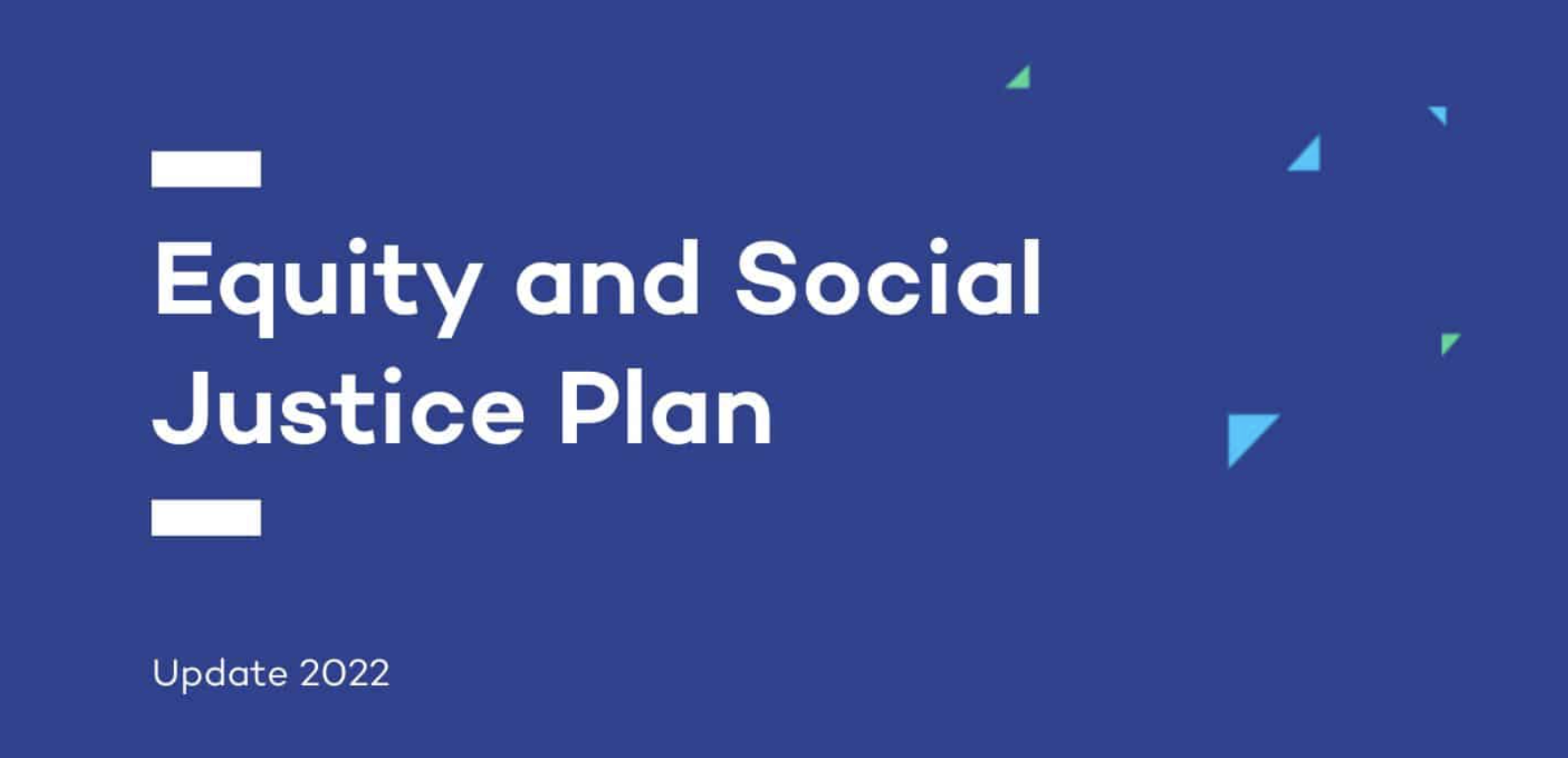
Resource
Equity and Social Justice Strategy
This is our first update on our equity and social justice plan. You can access this report as a word file, a html website page and as a pdf document.
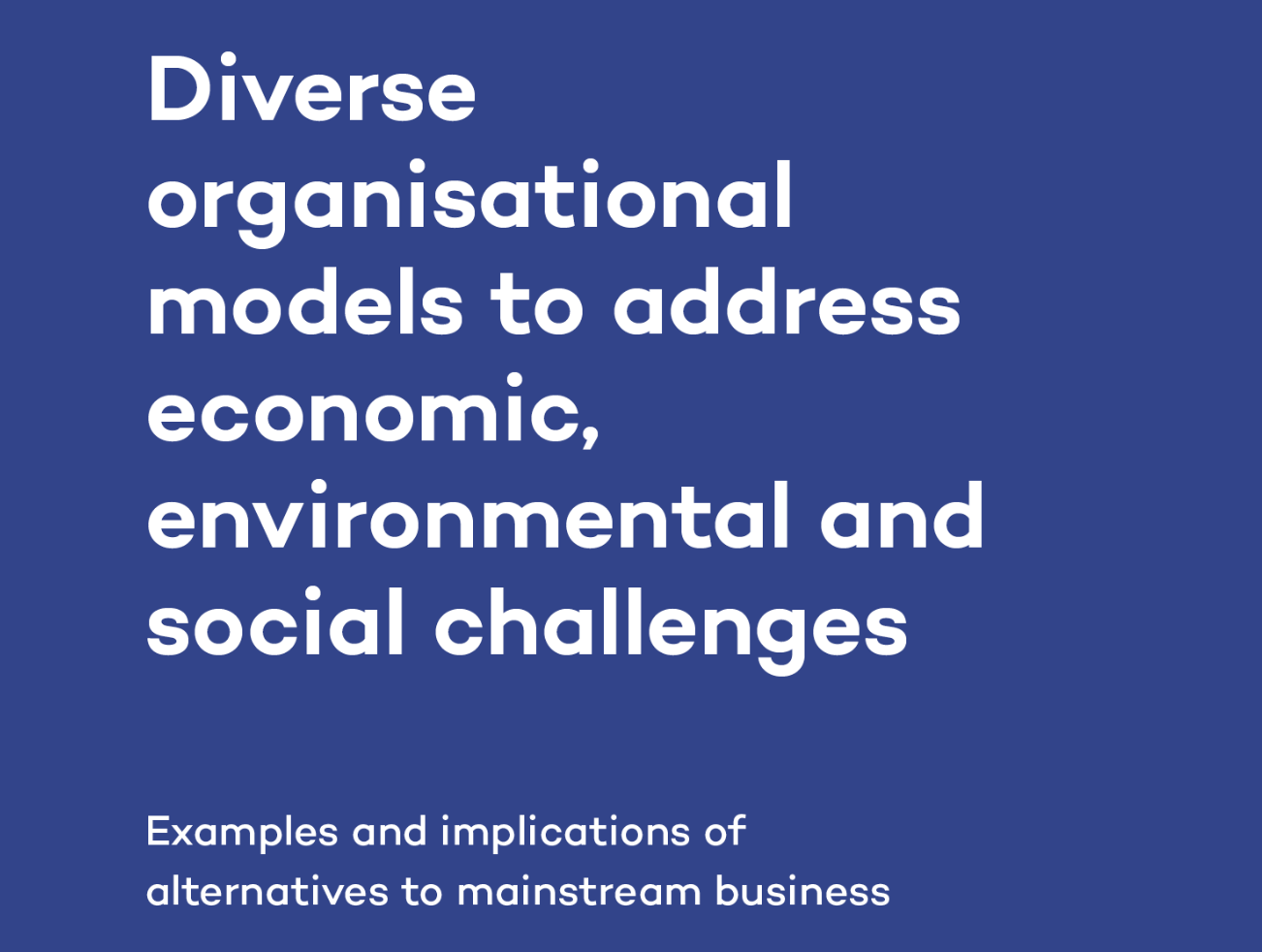
Resource
Diverse organisational models to address economic, environmental and social challenges
This report illustrates diverse ways of structuring business activity that differ from the widespread and established model of external equity ownership and governance.
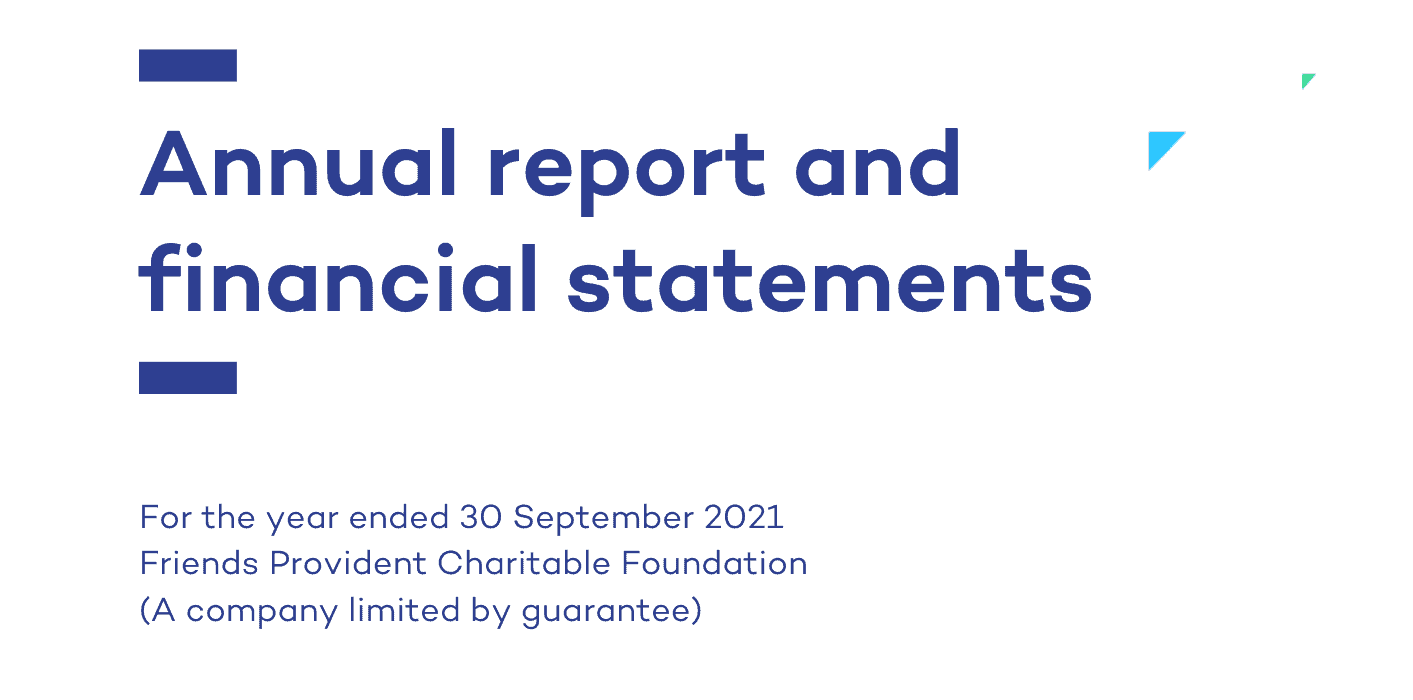
Resource
Report & Financial Statements 2020-2021

Blog
Equity and Social Justice
At the Friends Provident Foundation, we are dedicated to addressing social injustices and inequity in the economic system.

Blog
All working towards reforming UK grant-making
Deep and meaningful reform to UK grant-making is within reach.

Blog
Foundation Practice Rating
Friends Provident Foundation, as an initiator of the Foundation Practice Rating (FPR), is proud of the impact it is having in our sector.

Blog
Asset manager net zero commitments to be tested at Standard Chartered AGM
Voting at this year’s Standard Chartered AGM is going to be revealing regarding the depth of asset manager commitments to net zero and ESG.

Blog
It’s time to diversify economics to help reclaim it
Why does it appear that the economy is failing to meet humanity’s and our planet’s needs?
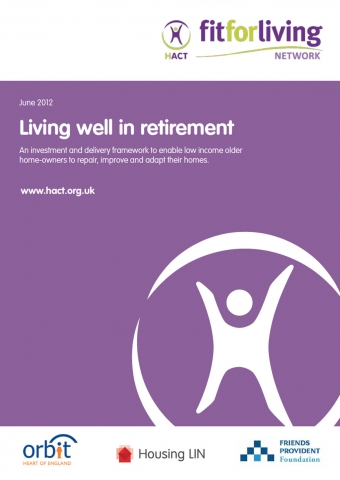
Resource
Living well in retirement
An investment and delivery framework to enable low income older home-owners to repair, improve and adapt their homes.
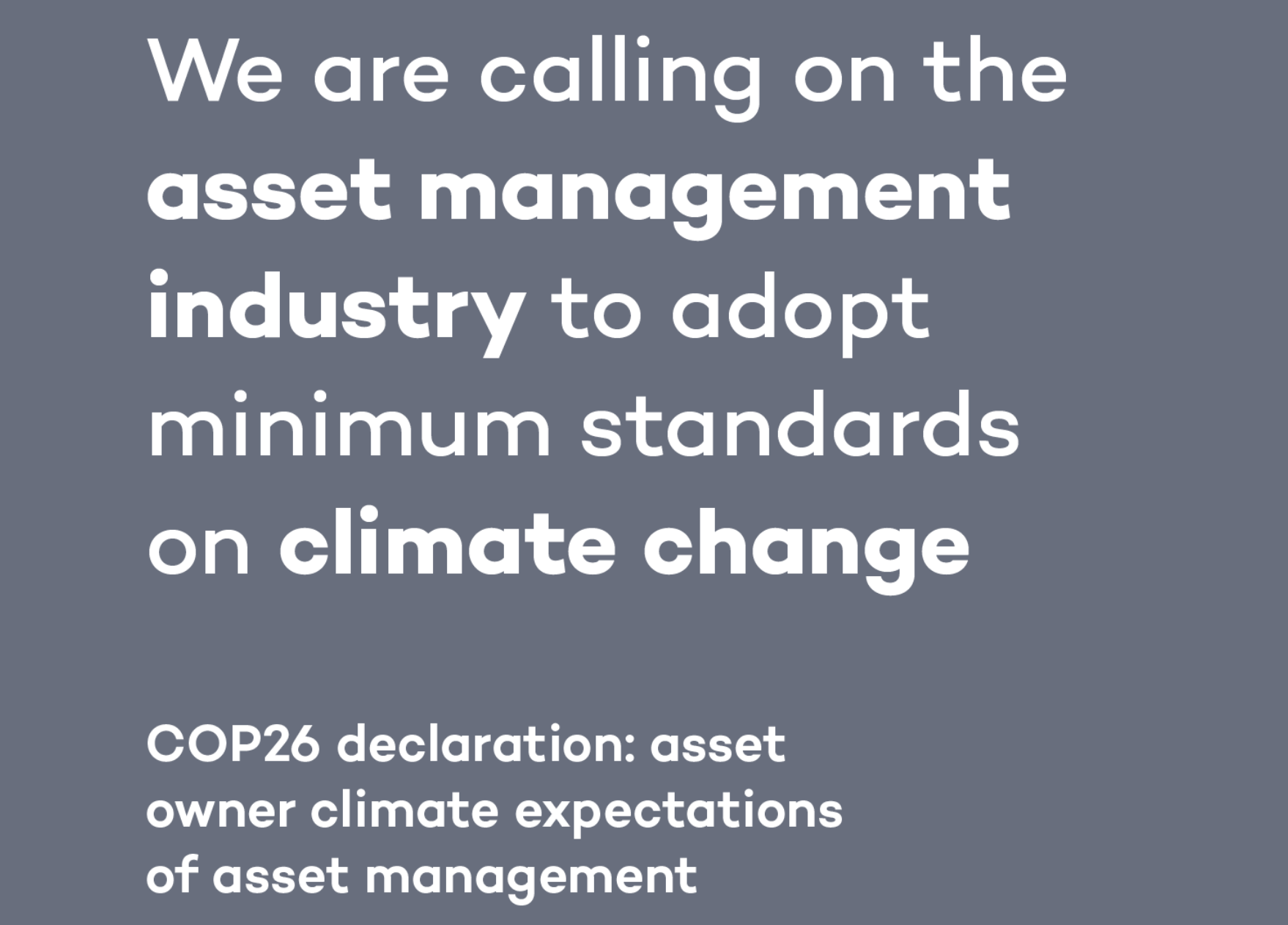
Resource
COP26 declaration: asset owner climate expectations of asset management
We are pleased to join 24 other asset owners as a founding signatory to the ‘COP26 declaration: asset owner climate expectations of asset management’.

Blog
Leveraging all our capital for a Just Transition
We are delighted to be at COP26 today to speak at the London School of Economics Grantham Research Institute fringe event on ‘How we can deliver a Just Transition’.

Blog
OUTstanding LGBT+ Future Leaders
Our colleague Jake Furby, our Communications Manager since March was nominated to OUTstanding LGBT+ Future Leaders Role Model List 2021.

Blog
It is time to end greenwashing in asset management
We are pleased to join 24 other asset owners as a founding signatory to the ‘COP26 declaration: asset owner climate expectations of asset management’.

Events
Annual Conference 2021
Our annual conference has passed, however, below captures some main themes covered on the day.

Resource
Economist Education Video
When Friends Provident Foundation (FPF) began its programmeme to explore how the economy might serve society better, it was based on several views.

Blog
Programme Advisory Group – Reflections by Dan Jones
Dan Jones one of our PAG members has reflected on his experiences of being a PAG member.

Blog
Economist Education Poem
Do you care about life in the oceans, the quality of air about local communities and equal opportunities about our history, local and worldwide, the global south and western divide.

Blog
Decolonising Economics
Friends Provident Foundation is an independent charity that makes grants and uses its endowment towards a fair and sustainable economic system that serves society

Blog
LGBTQ+ Pride Month
This article explores Pride from a personal perspective and how as organisations we can be more LGBTQ+ friendly.
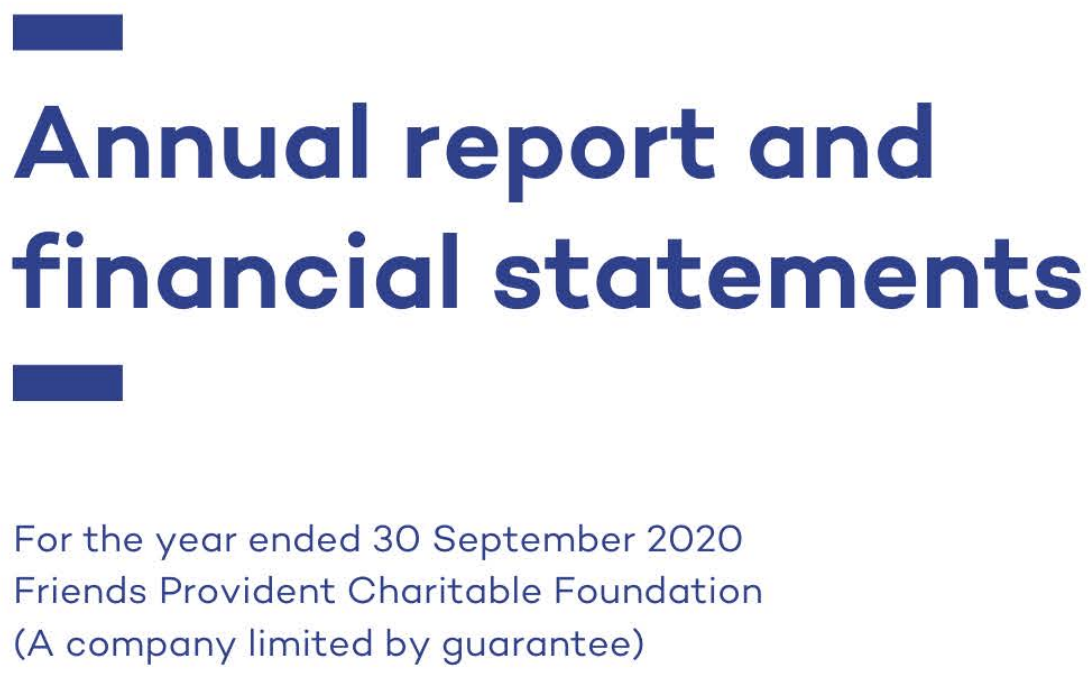
Resource
Report & Financial Statements 2019-2020

Blog
Anti-Racism Blog (A personal perspective)
As we come to the anniversary of George Floyd’s murder, Jake Furby our Communications Manager reflects on being a mixed-race person working in the charity sector.

Blog
Accountability, Transparency and Diversity Rating System
As friends, grant-holders and wider stakeholders know, Friends Provident Foundation is committed to principles.

Blog
Mental Health Awareness Week Blog
This article explores why Mental Health Awareness is important.
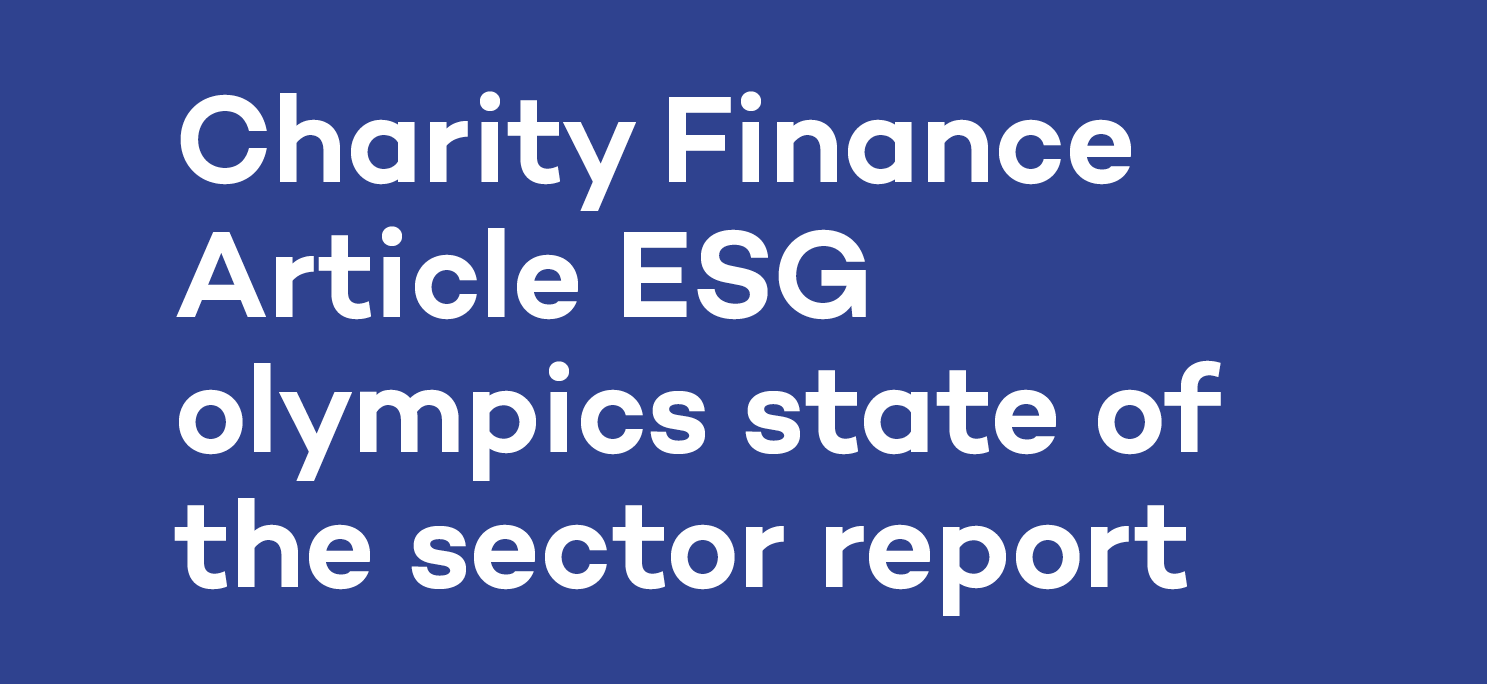
Resource
Charity Finance Article ESG olympics state of the sector report
This article explores our publication in Charity Finance magazine on our ESG olympics ‘state of the sector’ report and our recommended minimum standards.
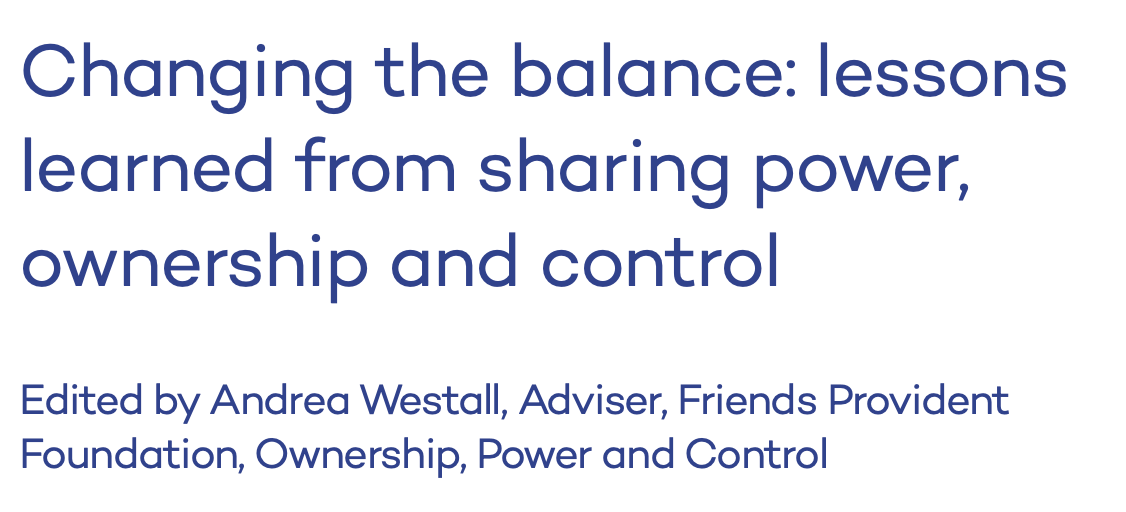
Resource
Changing the balance: lessons learned from sharing power, ownership and control
On 15 December 2020 Friends Provident Foundation (FPF) hosted a virtual roundtable of recent and current grant recipients.

Blog
Equality, Diversity and Inclusion
Hi there, my name is Jake and I am the Communication Manager for Friends Provident Foundation.

Blog
When grantholders don’t laugh at your jokes
When grantholders don’t laugh at your jokes. This blog explores funder power/grant holder relationship.
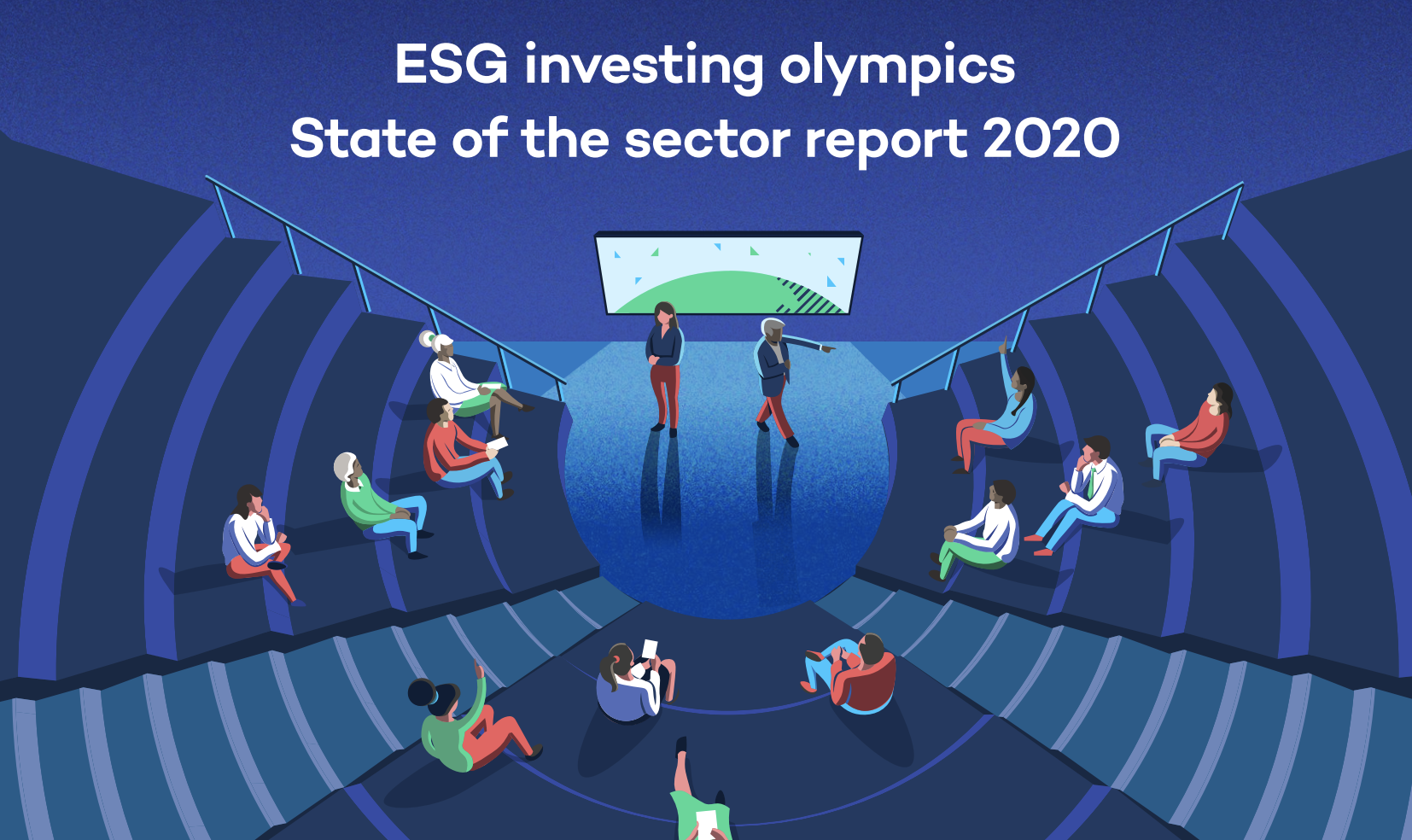
Resource
ESG investing olympics -state of the sector report
Three charities – Friends Provident Foundation, Joffe Trust and Blagrave Trust – came together to launch the 2020 ‘ESG investing olympics’.

Blog
‘ESG investing olympics’ state of the sector report launched
This article explores an analysis of ESG proposals from 60 investment managers
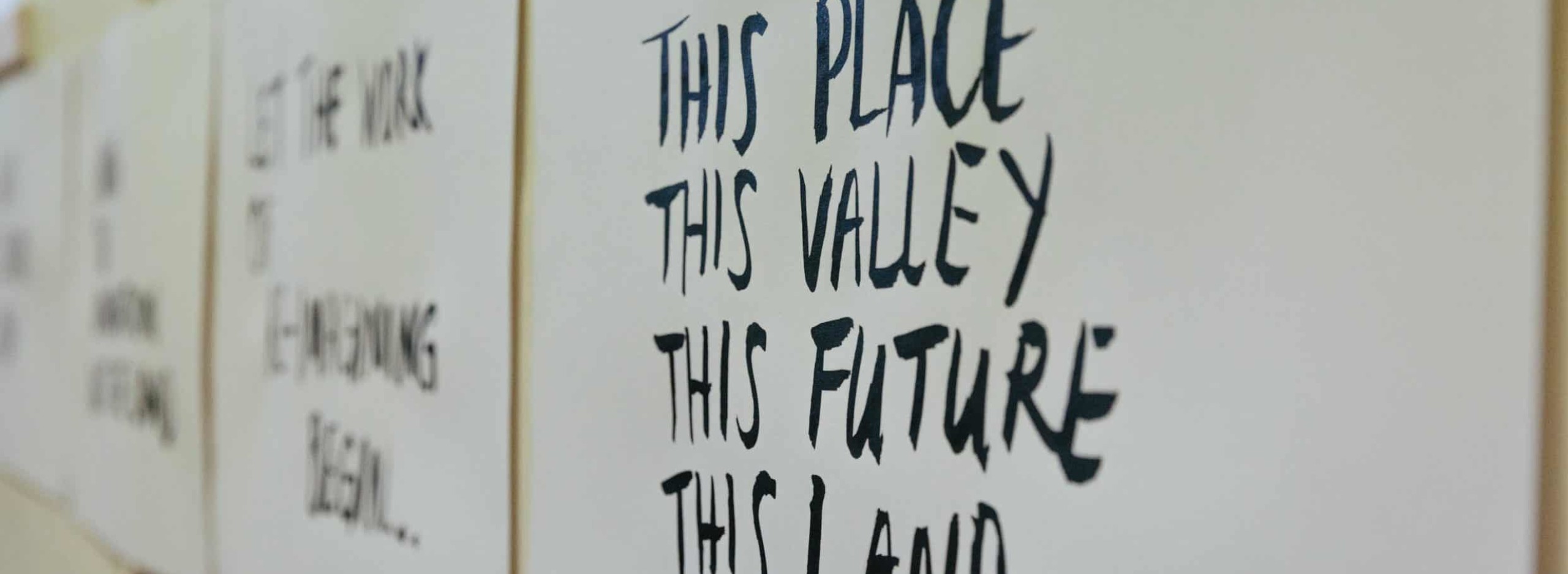
Blog
Journeying to a new economy that respects people and nature
This article explores the impact globalisation has had on the people of Treherbert, Rhondda Valley in South Wales.
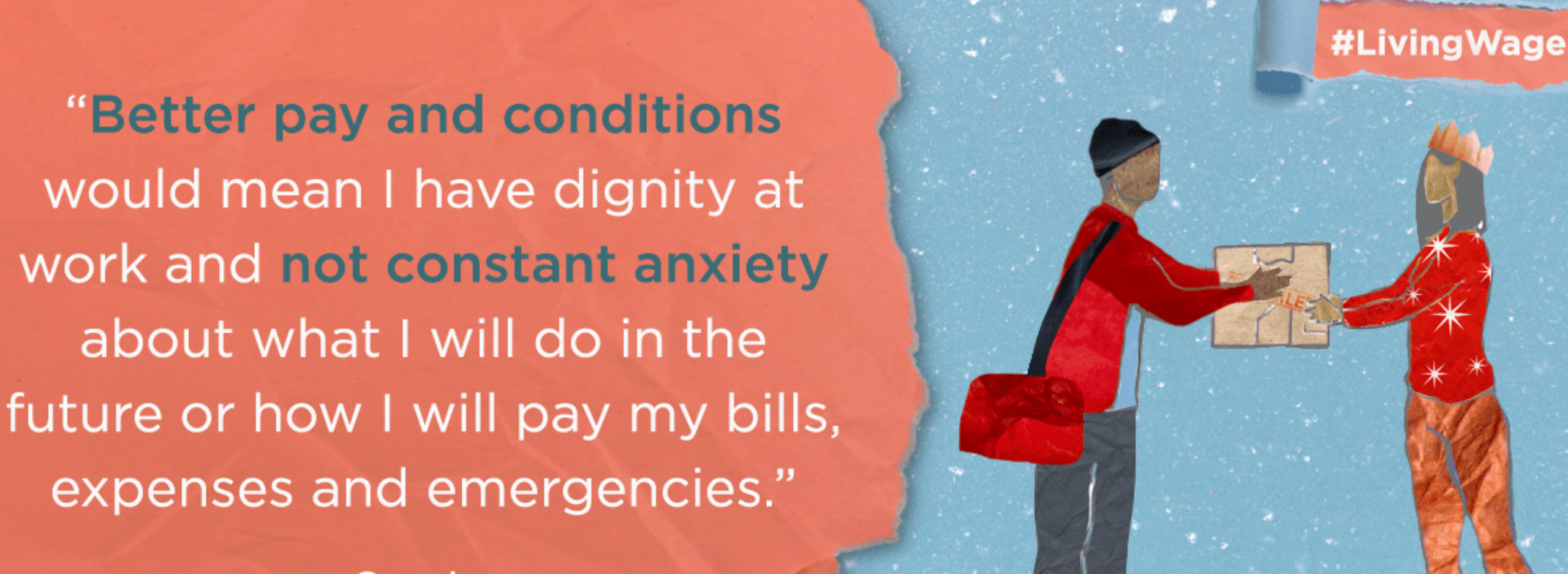
Blog
Where is the ‘S’ of ESG and what is needed?
This article discusses sustainability within ESG.

Events
Sharing power and getting things done
Towards the end of 2020, the Foundation hosted a virtual roundtable for some of our recent and current grant recipients.
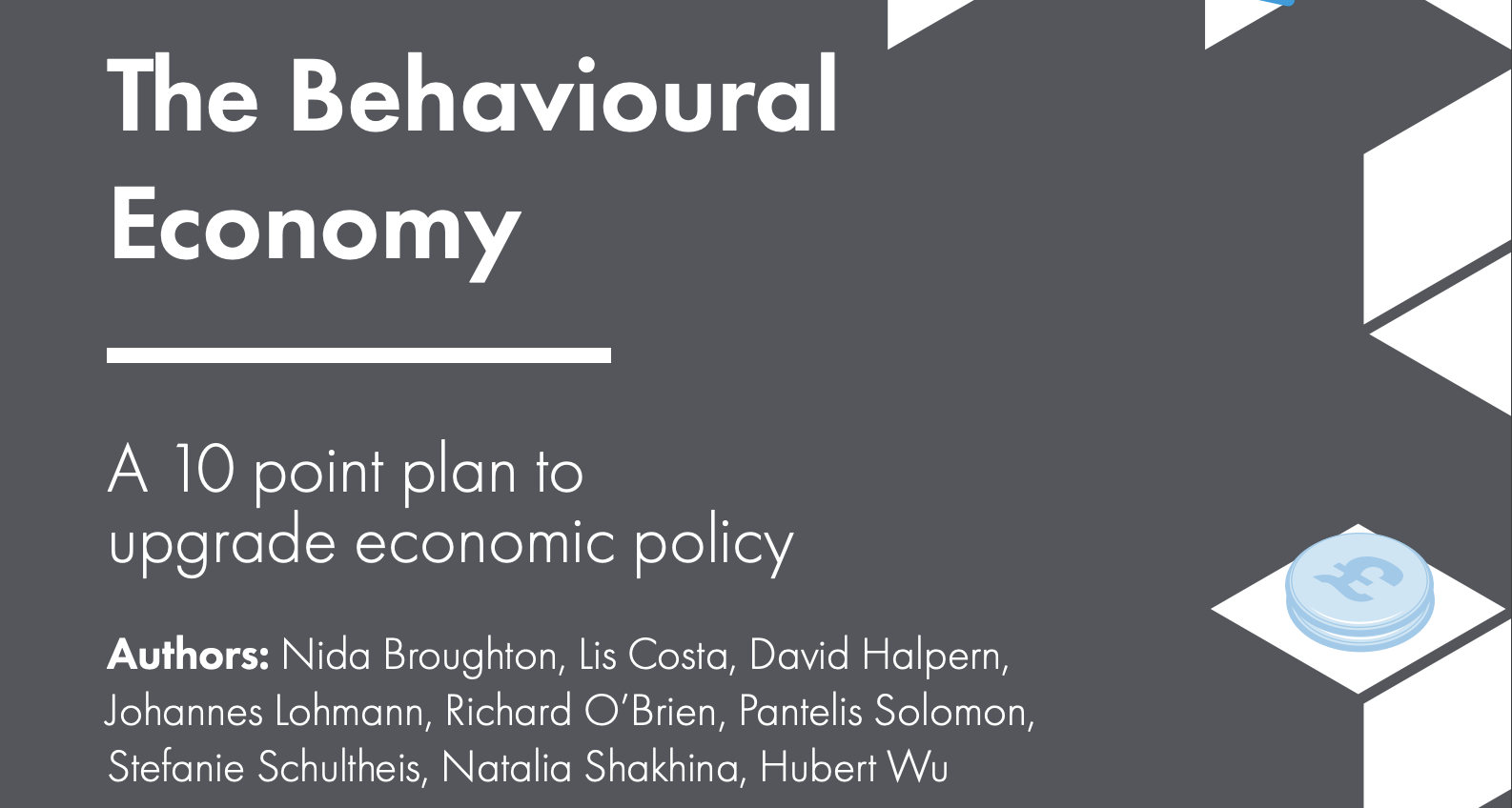
Resource
The Behavioural Economy
This report sets out a 10-point plan to upgrade economic policy with a deep understanding of human behaviour at its core.

Blog
Putting humans at the heart of economic policy
This article explores the impact of the Coronavirus Pandemic

Blog
Applause for SSE’s sector first Just Transition strategy
This article comments on the Energy utility company SSE who has just published a sector first Just Transition strategy.

Blog
Uniting the circular economy and social justice
This article explores the tension between social justice and environmental sustainability.

Blog
Solar trains pioneer first UK business to make legal commitment to ‘just transition’
Solar trains company Riding Sunbeams has incorporated the principles of a just transition into its legal working agreement.

Blog
What is at stake in the upcoming reform on corporate sustainability reporting in the EU?
The Alliance for Corporate Transparency project, coordinated by Frank Bold, is at a turning point after providing the largest research to date on the state of corporate sustainability reporting in the EU.
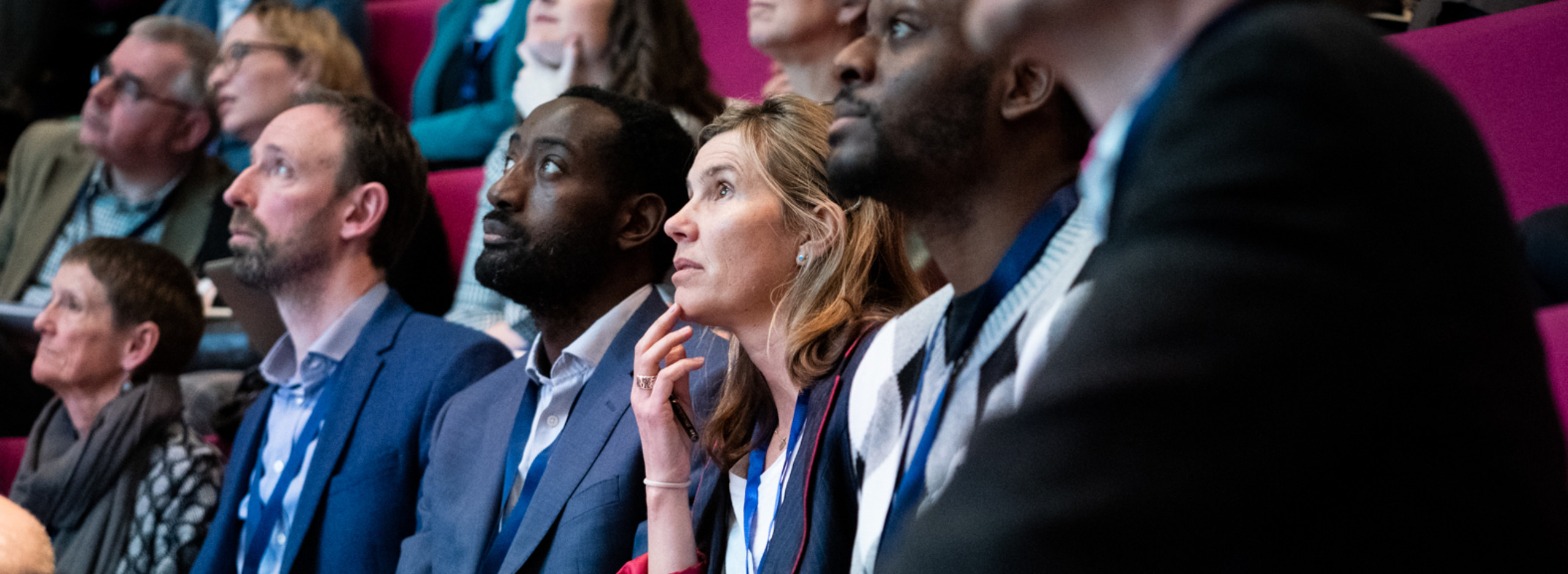
Blog
Cazenove declared winner of the ‘ESG investing olympics’
This blog announces the winner of the ESG Olympics

Blog
Are future generations around your board table?
This blog explores Are future generations around your board table?

Blog
Developing financial resilience in individuals, communities and economies
This blog explores our programmeme which focuses on how the economy can serve society better.
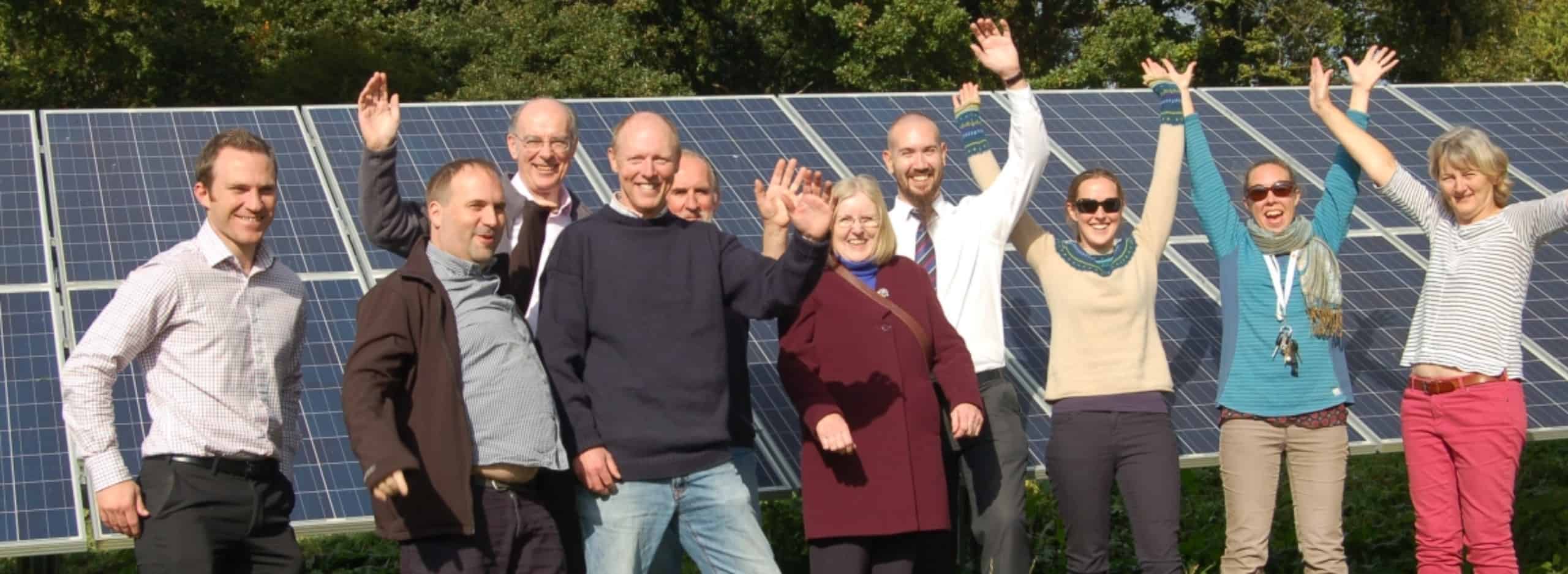
Blog
Supporting communities to power a sustainable low-carbon future
This blog was written for Community Energy Fortnight 2020.

Blog
Unusual collaborations for unusual times
This blog explores the Centre for Cities’ webinar set out the latest statistics on unemployment across the country, as measured by Universal Credit and Job Seekers Allowance.

Blog
The Economics of Belonging
Published by the Foundation’s journalist fellow, Martin Sandbu, this fascinating new book explores a radical new approach to economic policy.

Blog
Short food supply chains needed in the face of climate change and pandemics
Shorter food supply chains can make the UK more resilient in the face of pandemics and climate change – but only with bold government intervention, according to a new Soil Association report.
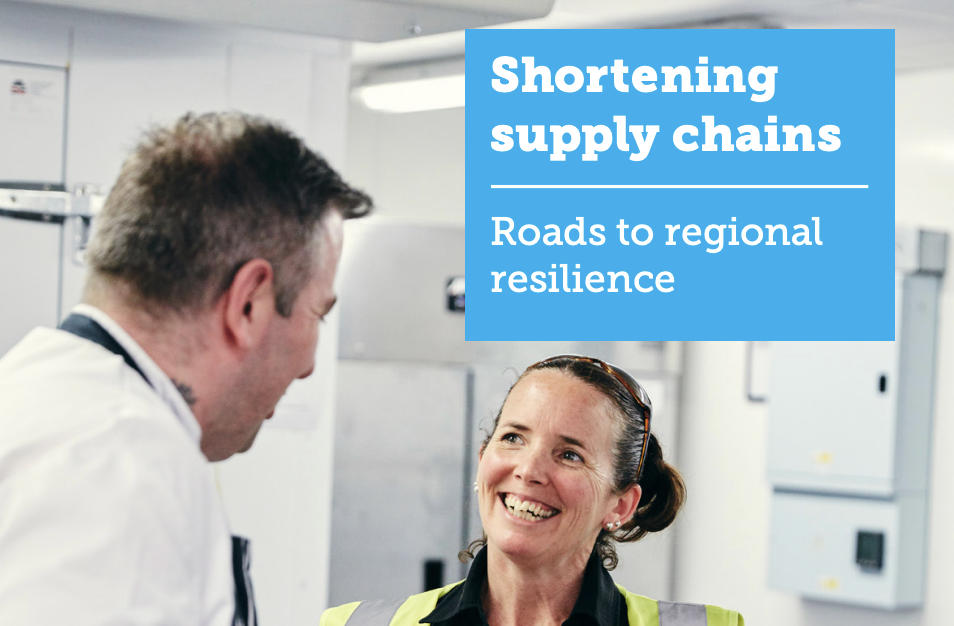
Resource
Shortening Supply Chains: Roads to Regional Resilience
This report looks at innovative farmers, businesses and councils who are proving sustainable sourcing can be more resilient as well as being more environmentally friendly.

Blog
Open letter to asset managers ahead of climate vote at today’s Total AGM
An open letter to asset managers ahead of the climate vote at the Total AGM on Friday 29 May 2020.

Blog
Total’s climate ambition is poor, investors must support our shareholder resolution
In April, we were delighted to co-file Friends Provident Foundation’s first ever shareholder resolution.

Blog
Stewarding our land for current and future generations – inspiration from the Welsh Valleys
One positive outcome of our current situation, is probably a greater awareness of the importance of the places in which we live.

Resource
The Colour of Money: race and economic inequality
This report – by Dr Omar Khan of Runnymede – focuses on how economic and wider social inequalities affect Black and minority ethnic (BME) people in Britain.

Blog
The Colour of Money: race and economic inequality
Black and minority ethnic (BME) people in Britain face extensive and persistent economic inequality, finds Runnymede’s latest report The Colour of Money: How racial inequalities obstruct a fair and resilient economy.
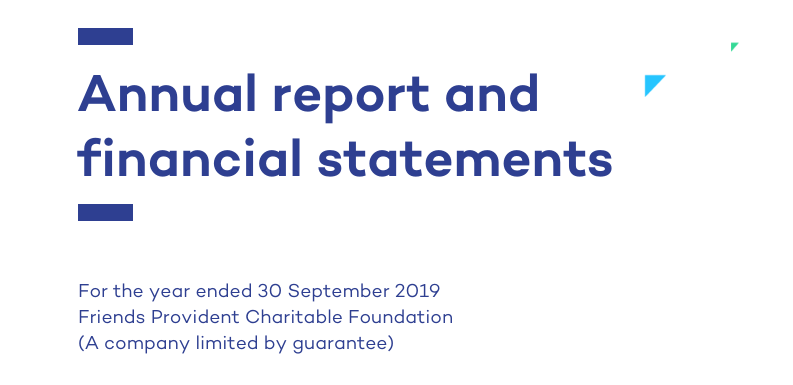
Resource
Report & Financial Statements 2018-2019
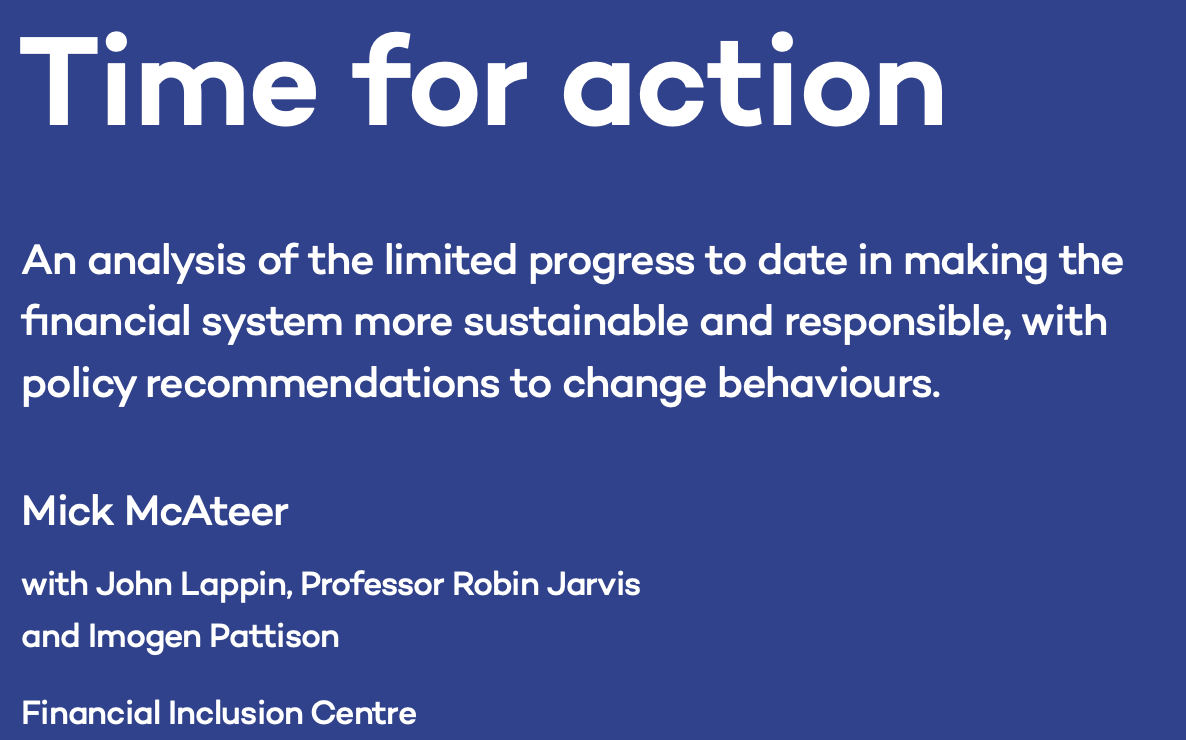
Resource
Time for Action
This report focuses on the role of the financial system.

Blog
Time for Action
This new report by the Financial Inclusion Centre focuses on the role of the financial system.

Events
An invitation to the ESG ‘investing olympics’
Three charities have invited asset managers to make proposals for the investment of £33.5 million in an initiative called the ESG ‘investing olympics’.

Blog
Charities launch ESG ‘investing olympics’
Three charities have invited asset managers to make proposals for the investment of £33.5 million in an initiative called the ESG ‘investing olympics’.
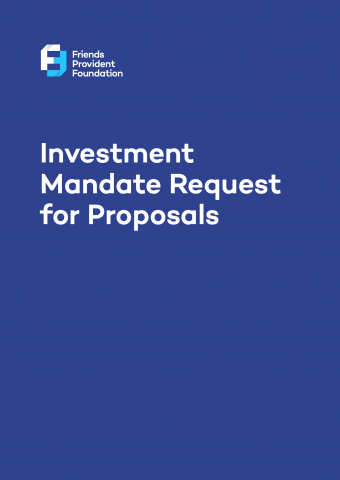
Resource
Investment Mandate Request for Proposals
Friends Provident Foundation, the Joffe Trust and the Blagrave Trust are inviting asset managers to make proposals for the management of funds totalling £32m.

Blog
Funders come together on climate change
Some of the biggest names in charity funding have made a public commitment to play their part in tackling climate change.

Blog
Time for a Carer’s Passport
Carers in the workplace should be provided with a ‘carer’s passport’ which would qualify them for financial support.
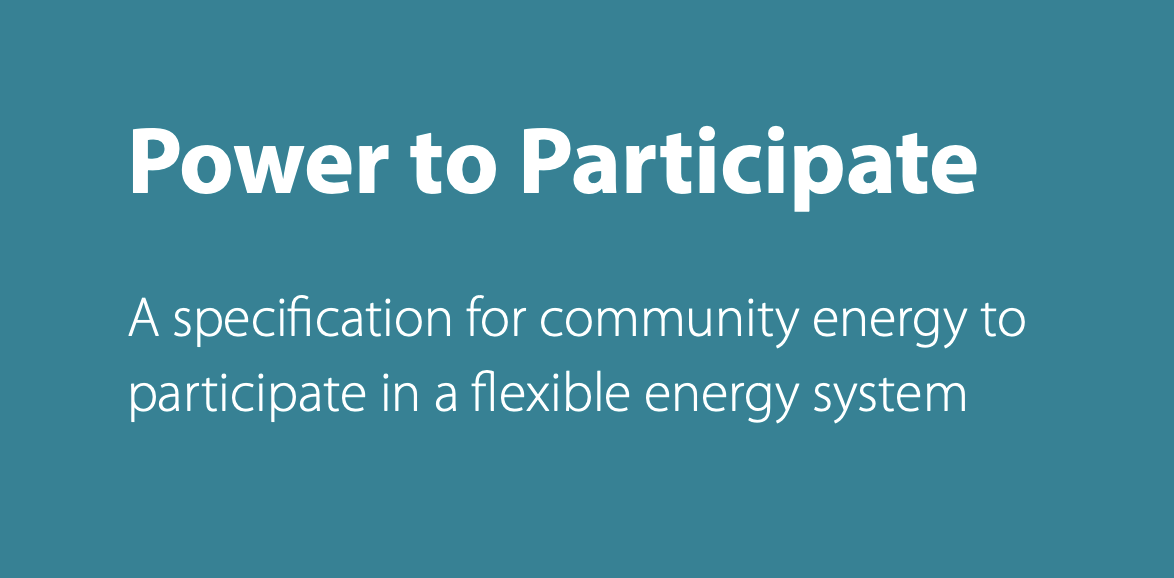
Resource
Power to Participate: a specification for community energy to participate in a flexible energy system
This report looks at how our electricity system is changing.

Blog
Staying flexible: why aren’t communities providing more network flexibility services?
Regen’s senior project manager, Tim Crook, explains how community energy organisations could play a bigger role in providing network flexibility.

Blog
Friends Provident Foundation lends its support to global strike for climate
Friends Provident Foundation lends its support to global strike for climate.
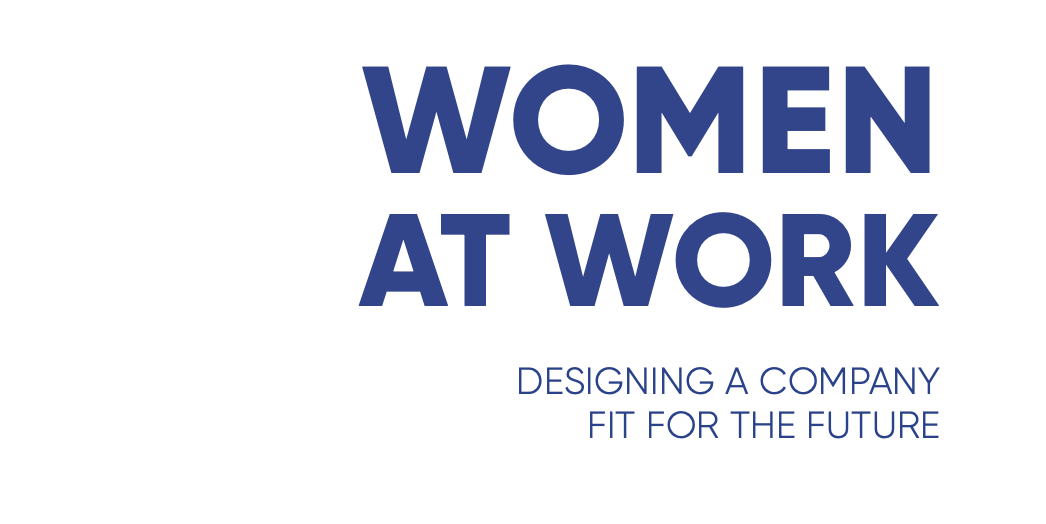
Resource
Women at work: Designing a company fit for the future
This report by Friends Provident Foundation journalist fellow Deborah Hargreaves sets out to examine what would happen if women could re-imagine the way they work and how the business is run.

Blog
Women at work – designing a company fit for the future
If women could re-imagine the way they work and how the business is run, what would they do?

Blog
York Festival of Ideas: How does the economy work, who benefits and who loses?
York Festival of Ideas runs from 4 June to 16 June and will present over 200 mostly free events under the banner of A World of Wonder.

Blog
Women at work: designing a company fit for the future
The blog explores women at work: designing a company fit for the future.
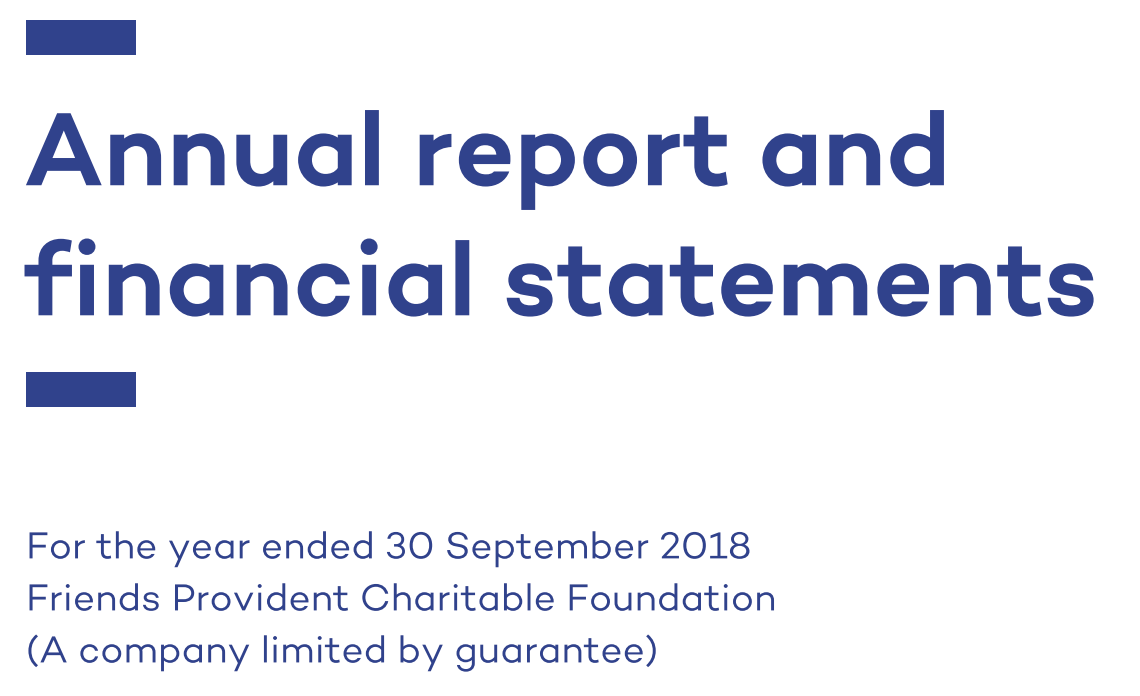
Resource
Report & Financial Statements 2017-2018

Blog
Rating Private Sector Political Transparency
Transparency International is the world’s leading non-governmental anti-corruption organisation.

Blog
Check out The Money Question
This article explores Positive Money who have launched the Money Question.

Blog
If community energy is treated fairly, it will play a role in the just transition
The energy market is being disrupted like never before with economics, technology, and business model innovation driving a transition towards decarbonised, decentralised and more democratised energy.

Blog
Reshaping the economy to work for all: New Commission on a Gender – Equal Economy
At the Women’s Budget Group (WBG), we are best known for our analysis of UK government policy for its impact on women.
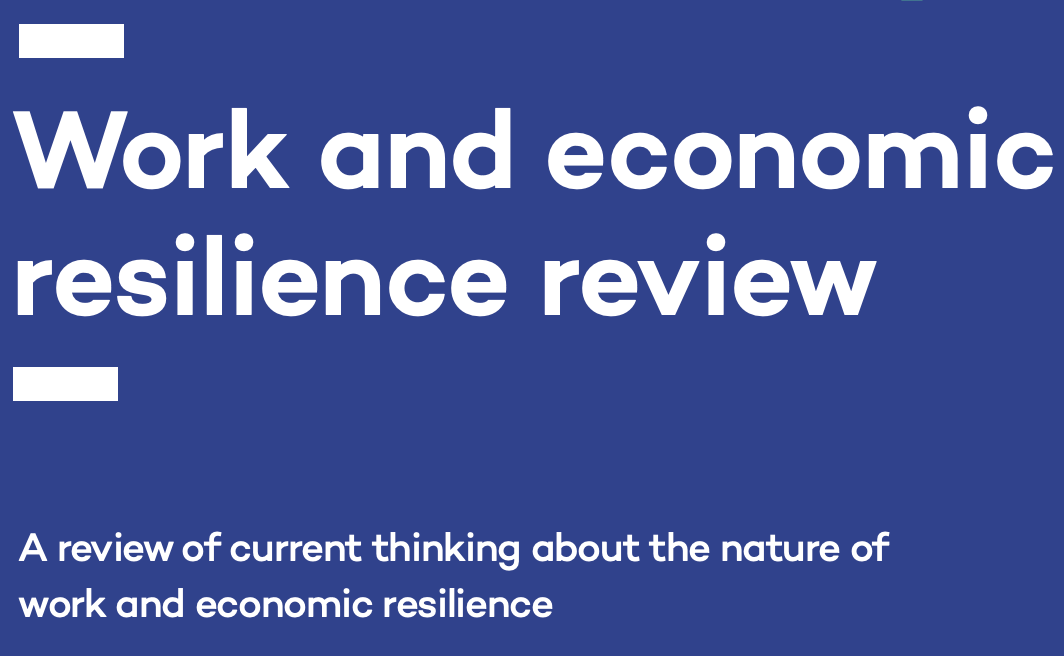
Resource
A review of current thinking about the nature of work and economic resilience
Projects funded by the Friends Provident Foundation contribute variously to proposing new solutions.

Blog
Brexit in Saxony
We’ve become familiar with a certain sinking feeling the morning after a big political event.
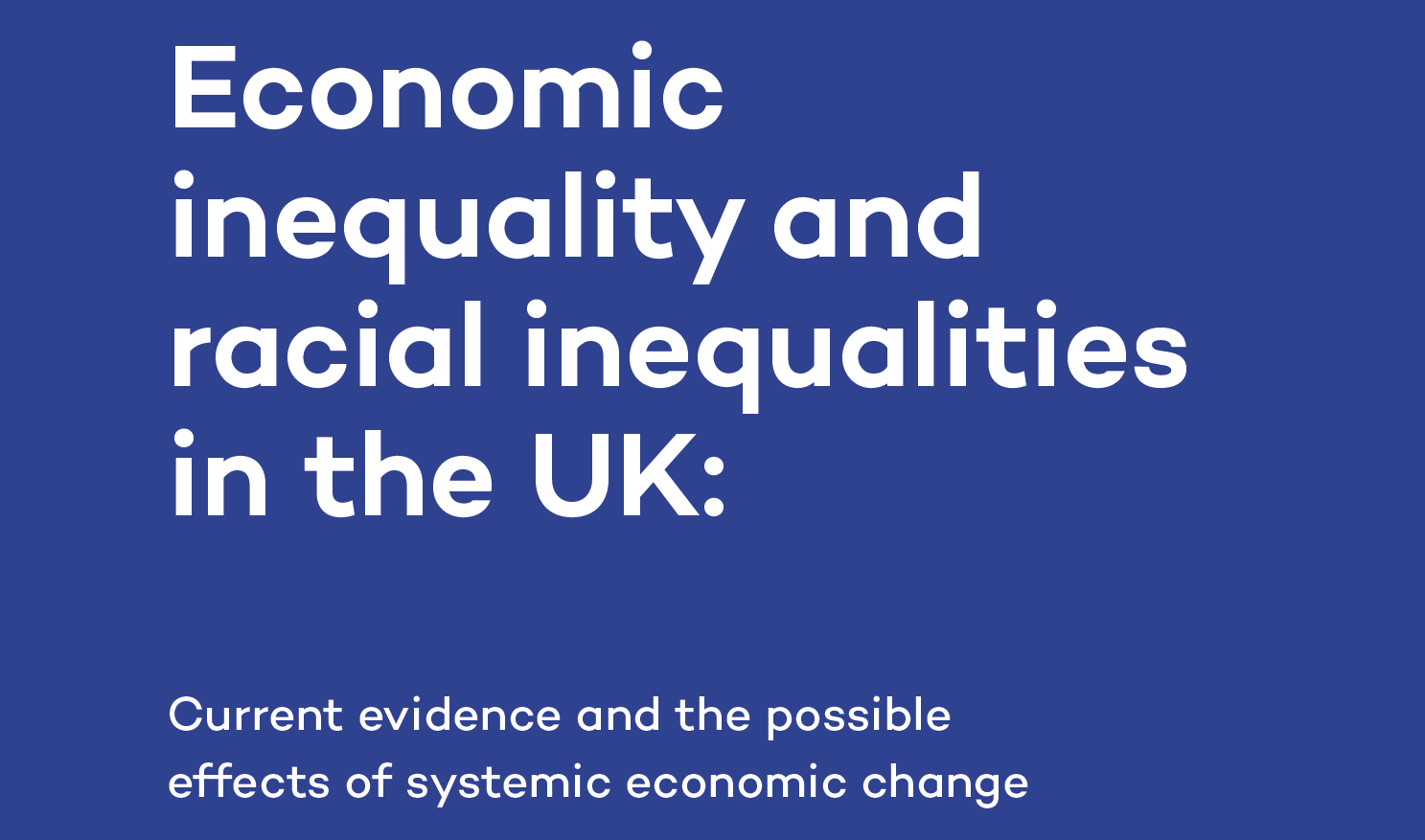
Resource
Economic inequality and racial inequalities in the UK
Inequality has risen up the public and policy agenda.

Blog
Purpose. Is it enough?
Earlier this year, Danielle Walker Palmour was privileged to accept an invitation from Philanthropy Australia to give the closing keynote speech.

Blog
Women in the workplace
There are many inspirational women who are trying to do things differently in order to make work suitable for them – often challenging entrenched views on their roles and functions.
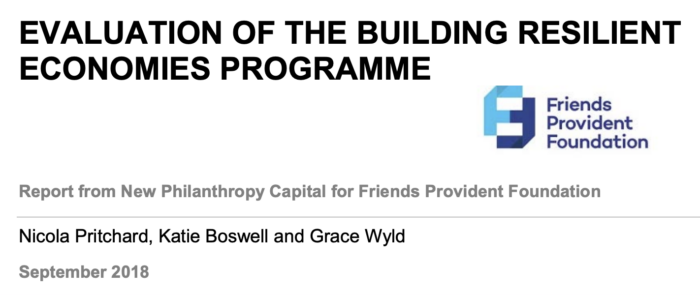
Resource
Evaluating the Building Resilient Economies Programme
In 2013 Friends Provident Foundation launched the Building Resilient Economies programmeme, motivated by the failures of the economic system to meet the needs of society and the environment.

Blog
Journalist fellowship line-up announced
This blog is about our fellowship award
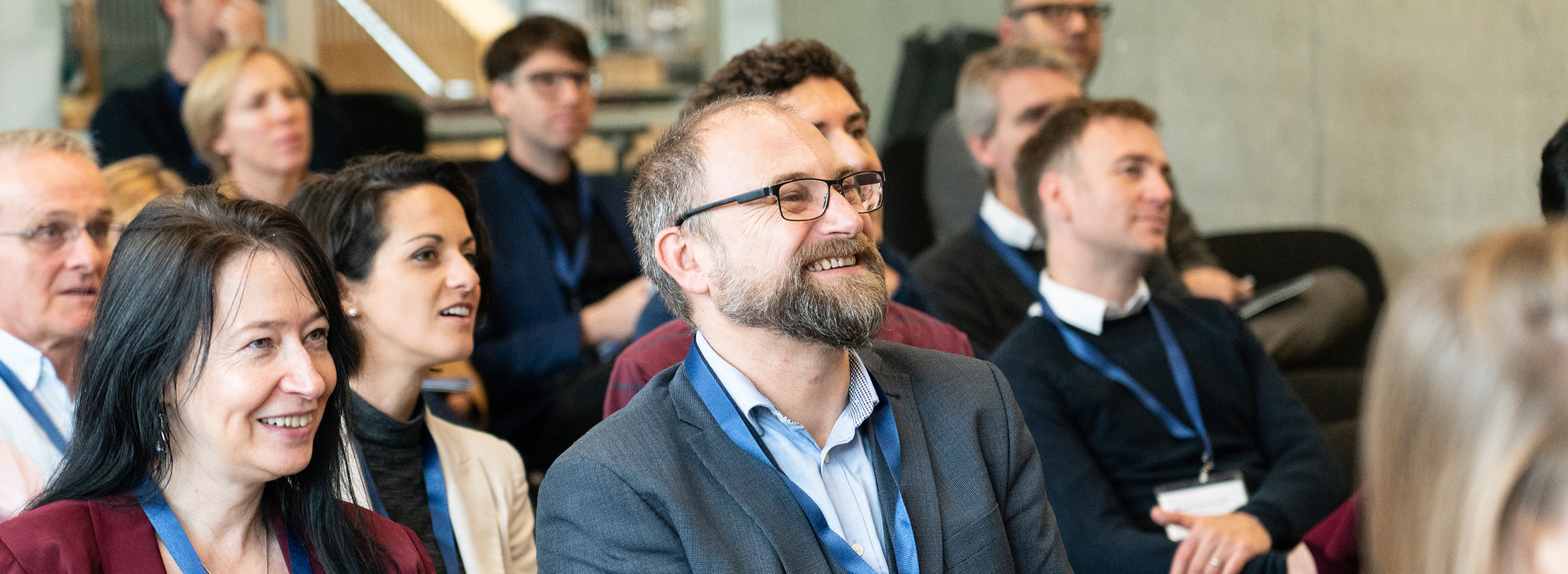
Events
Friends Provident Foundation Conference 2018
Friends Provident Foundation Conference 2018 brought together our grantholders, partners and investees to meet, share skills and ideas on the economy and to explore how we can maximise our impact.

Blog
Evaluating the Building Resilient Economies Programme
This blog is about Building Resilient Economies.

Blog
Making good decisions for the future
Shea Buckland-Jones from the Institute of Welsh Affairs shares his personal experience of the Well-being of Future Generations Act 2015

Blog
Why pensions are both dangerous …. and exciting!
Pensions can seem like a dauntingly complex and – let’s be blunt – boring subject.

Blog
The energy system is in flux, let’s ready ourselves for a community takeover
Good news! The transition to a decarbonised, decentralised and democratised energy system is underway, says Colin Baines, Investment Engagement Manager at Friends Provident Foundation.

Blog
Building energy resilience in low income communities
What happens to low income households whose energy bills suddenly increase?
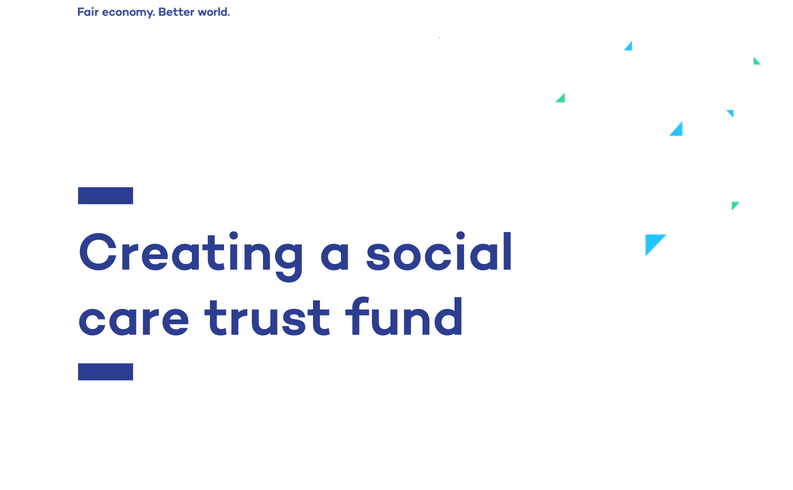
Resource
Creating a Social Care Trust Fund
This Select Committee Report outlines that a citizens’ wealth fund could provide long-term sustainable funding for adult social care, ensuring that everyone is treated fairly and equally whatever their health needs.

Blog
Fair pay for fair work: a look at executive compensation
Last year we supported the introduction of mandatory executive pay ratio reporting, which is expected to become law soon.
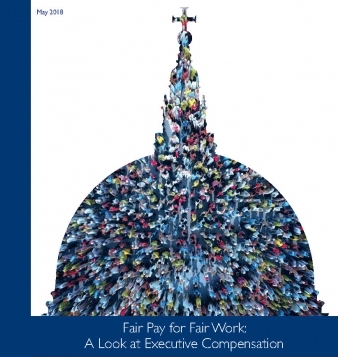
Resource
Fair Pay for Fair Work: A Look at Executive Compensation
This report by St Paul’s Institute makes recommendations to build on the recently improved disclosures on pay ratios.
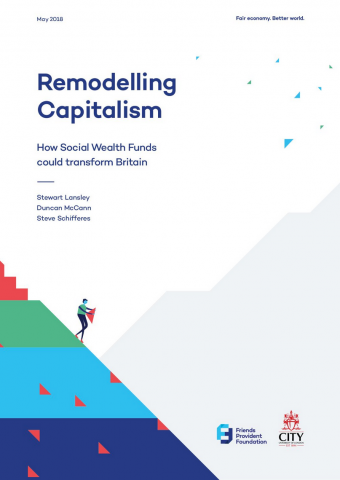
Resource
Remodelling Capitalism: how social wealth funds could transform Britain
A pioneering new citizens’ wealth fund in the UK could provide a universal annual cash dividend and eventually a weekly basic income.

Events
Remodelling Capitalism: how social wealth funds could transform Britain
The launch of a new report on how social wealth funds – collectively owned investment vehicles with social aims – could transform Britain, took place in London on 10 May 2018.

Blog
Creating Britain’s first citizens’ wealth fund
A pioneering new citizens’ wealth fund in the UK could provide a universal annual cash dividend and eventually a weekly basic income, says a new report, Remodelling Capitalism – How Social Wealth Funds could transform Britain.
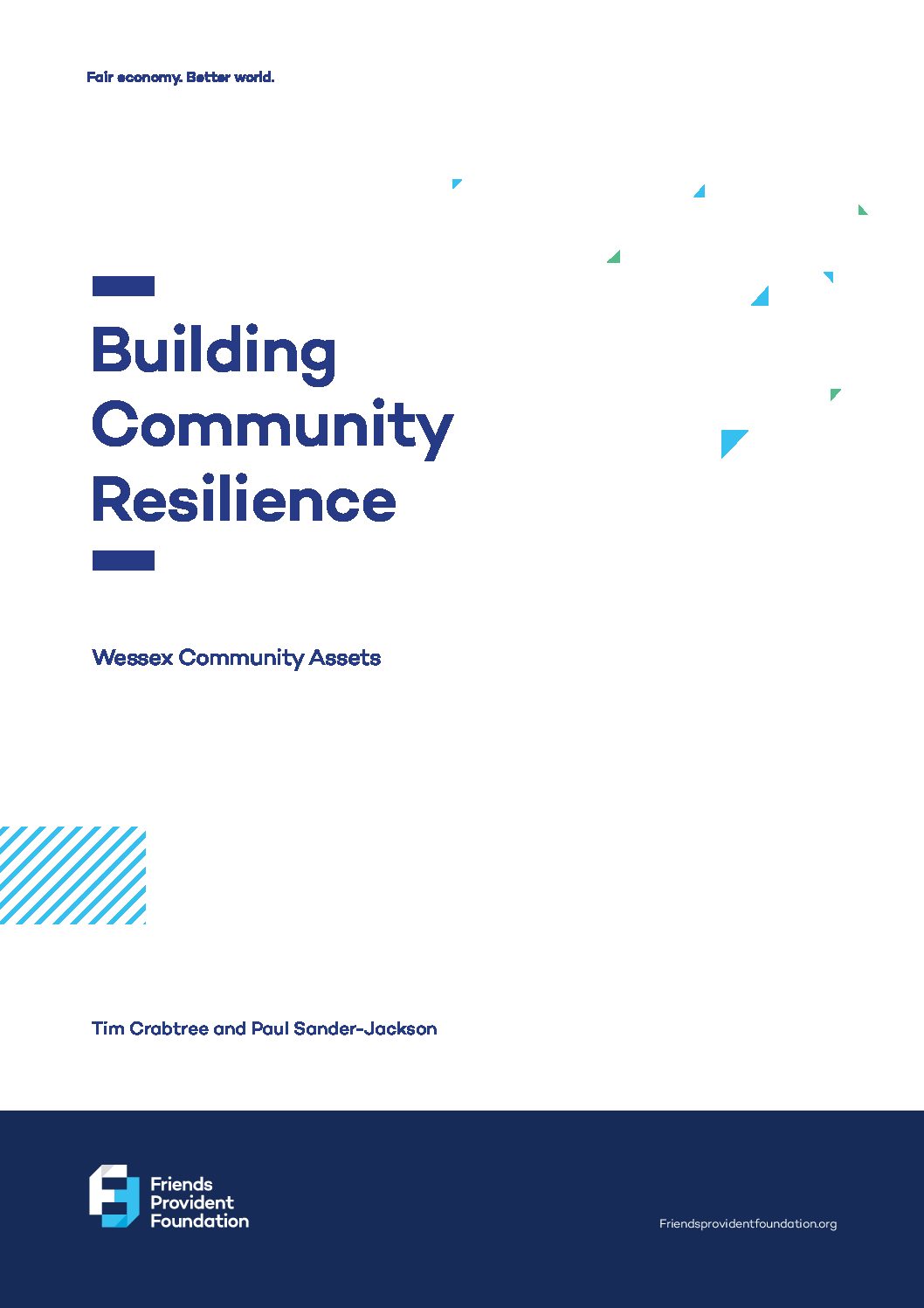
Resource
Building Community Resilience
This report explores how community benefit societies can support the shift towards a more resilient, sustainable and fairer economic system.

Blog
Tackling the drivers of wealth inequality
We need a Citizens’ Wealth Fund so everyone shares in economic growth, says Carys Roberts from IPPR
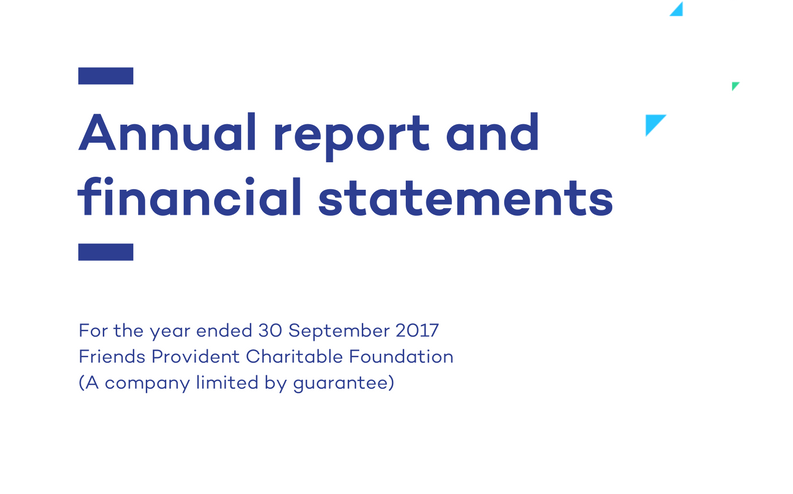
Resource
Report & Financial Statements 2016-2017

Blog
A food and farming system that’s ‘best in show’
What does a future-proof farming and food economy look like?

Blog
Journalist Fellowship 2018
The Friends Provident Foundation Journalist Fellowship 2018 reflects the Foundation’s ongoing commitment to support new ideas about how we can build a fair and more resilient economy to drive a better world.

Blog
A new partnership begins
Friends Provident Foundation and New Philanthropy Capital are now working in partnership to evaluate the foundation’s Building Resilient Economies programmeme and its wider impact.

Blog
Switching millennials on to saving
A newly published report by ShareAction, Switching millennials on to saving, draws together arguments about the need to tackle low levels of saving.
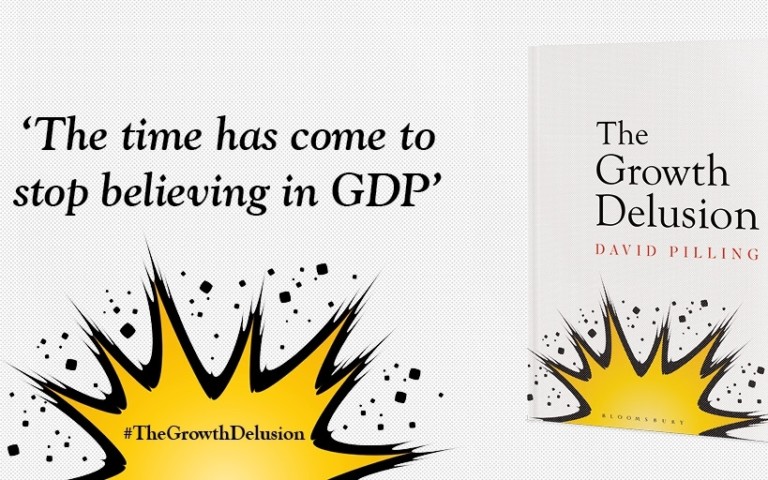
Blog
A revelatory and entertaining book
A revelatory and entertaining book about the pitfalls of how we measure our economy and how to correct them, has been published.

Events
Grantholder Conference 2017
The Friends Provident Foundation Grantholder Conference 2017 proved to be a popular event and was full to capacity with representatives from almost all of our grantholder organisations attending.

Blog
A first for the UK
Mean Moor Community Wind Farm in Cumbria is thought to be the first wind farm in the country to be transferred to community ownership from a commercial developer.

Blog
Setting the bar higher
Danielle Walker Palmour explains how a determination to use all of Friends Provident Foundation’s resources in pursuit of its mission.

Blog
Making the case for building local economies
Centre for Local Economic Strategies

Blog
Moving Beyond Neoliberalism
As part of the recent Festival of New Economic Thinking, we supported the launch of Michael Jacobs and Laurie Laybourn-Langton’s thought provoking report Moving Beyond Neoliberalism.
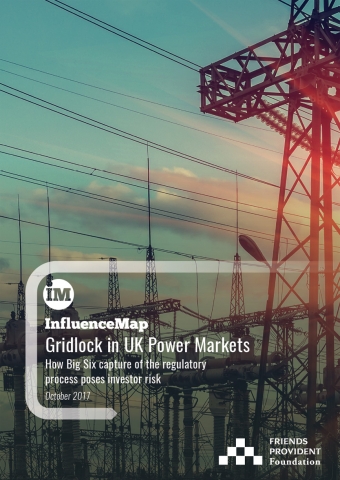
Resource
Gridlock in UK Power Markets: How Big Six capture of the regulatory process poses investor risk
This report examines energy utilities and risks arising from the market transition to decarbonisation, decentralisation and democratisation (3Ds).
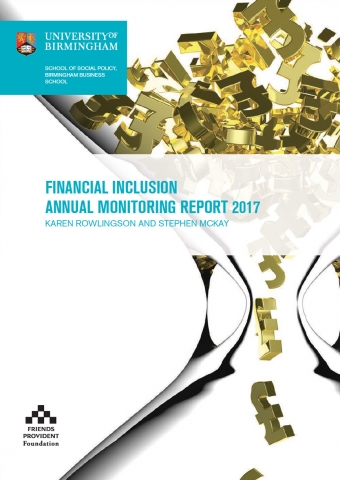
Resource
Financial Inclusion Annual Monitoring Report 2017
This report is the last in a series of five annual monitoring reports commissioned to monitor progress towards or away from financial inclusion in Britain.

Resource
Wise Minds: The energy transition and large utilities
The UK energy system is in flux. It is changing more quickly – and more fundamentally – than at any point since the Industrial Revolution.
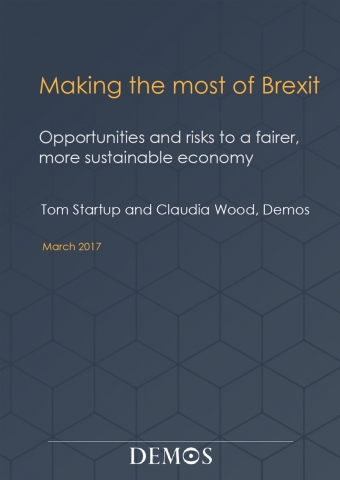
Resource
Making the Most of Brexit
The UK’s decision to leave the EU creates both opportunities and risks in both the process of negotiation and the outcomes for the UK.
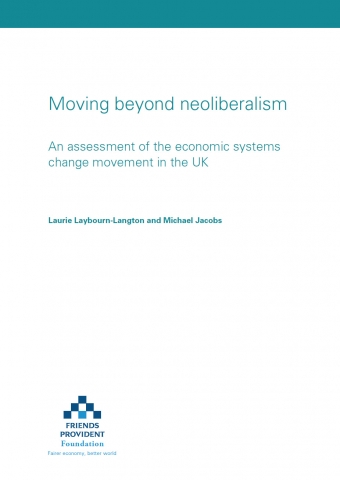
Resource
Moving beyond neoliberalism
Neoliberalism – the set of socioeconomic ideas and policies which have dominated public life over the last 40 years – has failed.
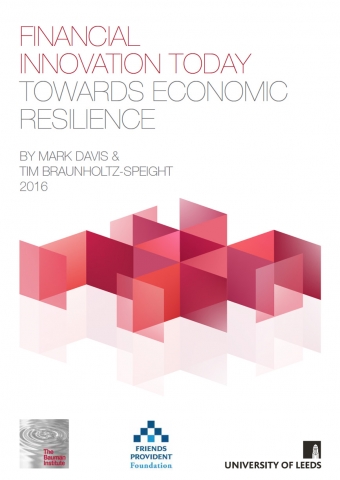
Resource
Financial Innovation Today, Toward Economic Resilience
We are at the threshold of a cultural war over the meaning of money.
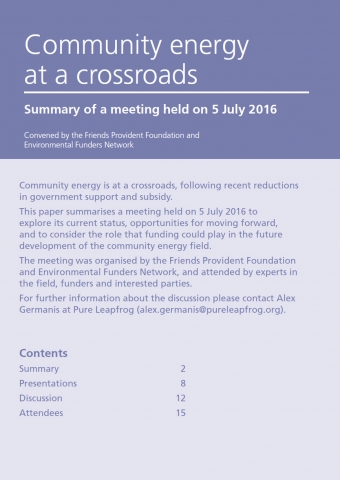
Resource
Community Energy at a Crossroads
Community energy is at a crossroads, following recent reductions in government support and subsidy.
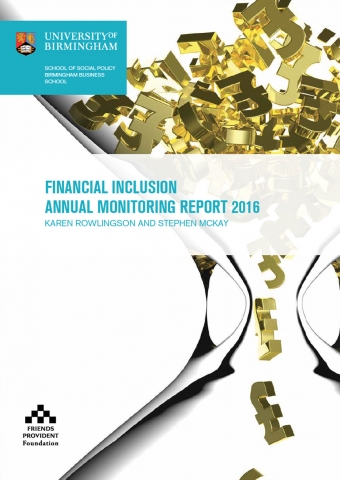
Resource
Financial Inclusion Annual Monitoring Report 2016
This report is the fourth in a series of five annual monitoring reports commissioned to monitor progress towards or away from financial inclusion in Britain.
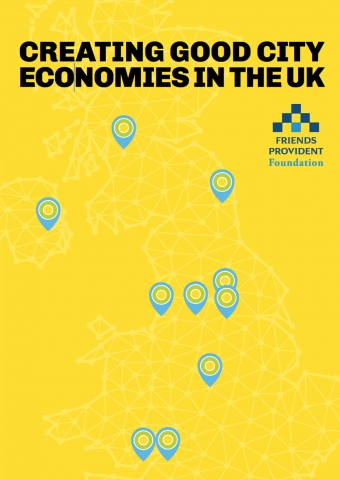
Resource
Creating Good City Economies in the UK
In 2015 the Friends Provident Foundation awarded funding to the Centre for Local Economic Strategies and the New Economics Foundation.

Resource
Report & Financial Statements 2015-2016

Blog
The UK’s burgeoning alternative finance industry
A new report into the UK’s burgeoning alternative finance industry is calling on the Government to underwrite consumers’ investments in the sector in a bid to encourage wider participation.

Blog
Global investors sign letter to the G20
Friends Provident Foundation has joined with a range of global investors in signing a letter to the G20 in support of the adoption of the Paris Agreement in December 2015.

Blog
Journalist Fellowship Announced
Friends Provident Foundation announces David Pilling, Africa Editor of the Financial Times, as the winner of the first 2016 Friends Provident Foundation Journalist Fellowship.

Resource
2015 Clore Social Fellows
2015 Clore Social Fellows
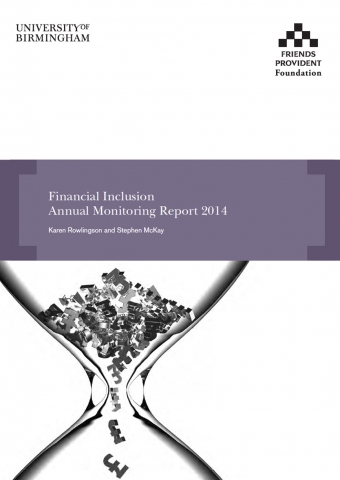
Resource
Financial Inclusion Annual Monitoring Report 2014
This report is the second in a series of five annual monitoring reports commissioned by the Friends Provident Foundation to measure changing levels of financial inclusion in Britain.
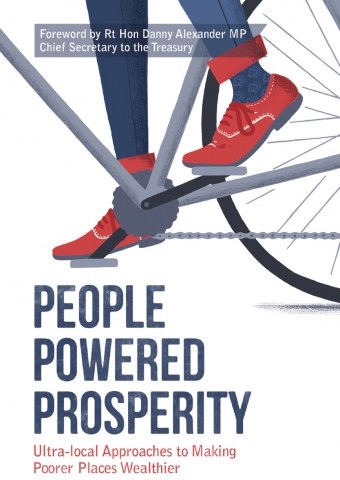
Resource
People Powered Prosperity: Ultra-local Approaches to Making Poorer Places Wealthier
Can we find economic techniques which cities can use effectively to tackle their own market failures – and release their own wasted economic potential – and if so, why hasn’t this happened already?
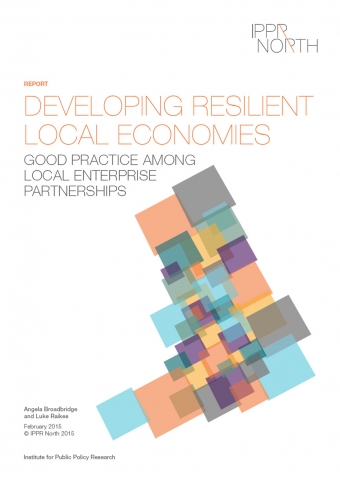
Resource
Developing resilient local economies: good practice among local enterprise partnerships
Our project builds upon emerging thinking about the kind of post-recession economy we are building in Britain, and the kind of economic growth that we are seeking to achieve.
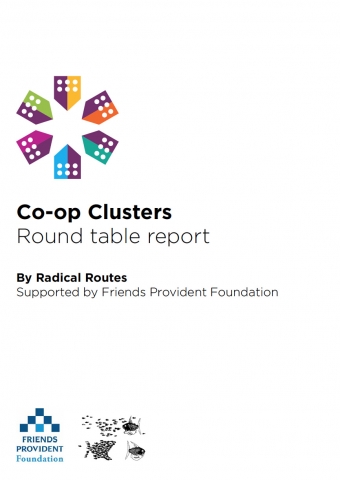
Resource
Co-op Clusters
This report presents findings from research conducted into the problems restricting the growth of co-operative housing.
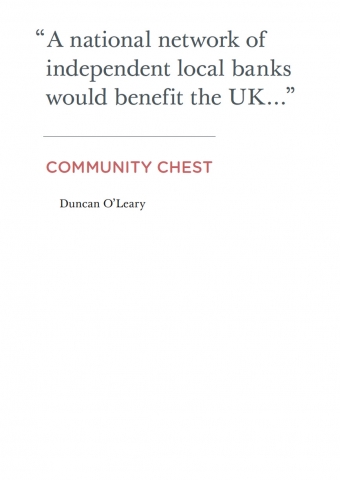
Resource
Community Chest
The UK’s economy is unbalanced in two ways.
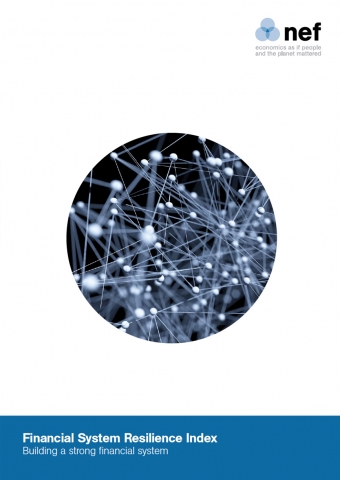
Resource
Financial System Resilience Index
This report on resilience in financial systems, from the New Economics Foundation, richly repays reading.
Resource
Resilient economies video wall
The specific question we posed to them was: “What would you do if you had a million pounds to build a more resilient economy?” The video wall below showcases their responses …
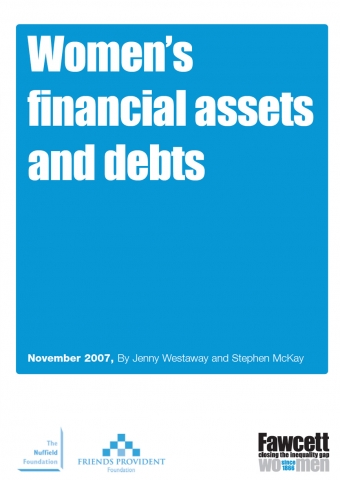
Resource
Women’s financial assets and debts
Fawcett launched a new project in March 2006 to plug gaps in understanding of the differences between women’s and men’s financial assets and debt.

Resource
Living well in retirement
An investment and delivery framework to enable low income older home-owners to repair, improve and adapt their homes.
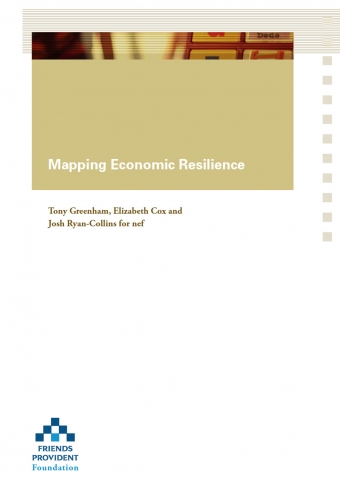
Resource
Mapping Economic Resilience
This report was compiled for Friends Provident Foundation by nef to assist its development of a new social change programmeme.
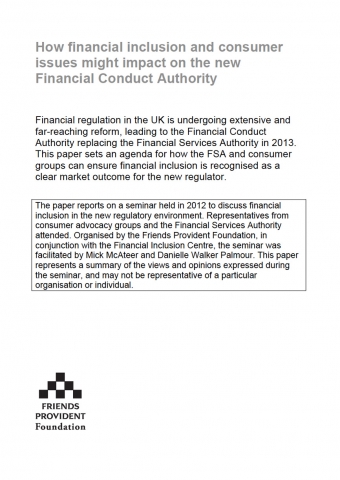
Resource
How financial inclusion and consumer issues might impact on the new Financial Conduct Authority
The paper reports on a seminar held in 2012 to discuss financial inclusion in the new regulatory environment.
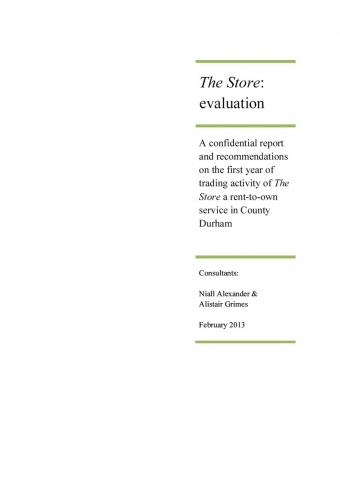
Resource
The Store: evaluation
Funders and stakeholders wanted to assess the sustainability of the rent-to-own model developed by The Store social enterprise in Stanley, Co. Durham.
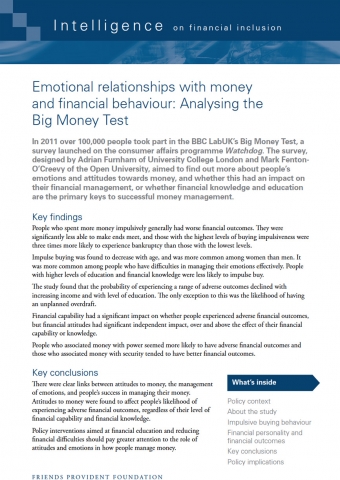
Resource
Emotional relationships with money and financial behaviour: Analysing the Big Money Test
In 2011 over 100,000 people took part in the BBC LabUK’s Big Money Test, a survey launched on the consumer affairs programmeme Watchdog.
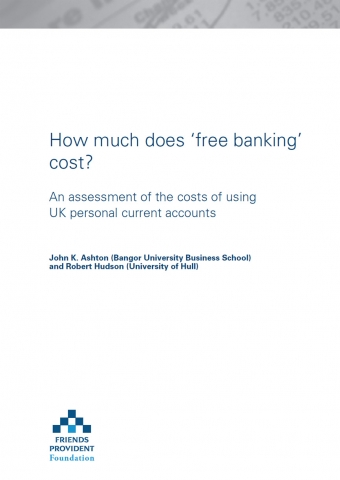
Resource
How much does ‘free banking’ cost?
This assessment is important and topical due to rising international regulatory disapproval of the pricing methods.
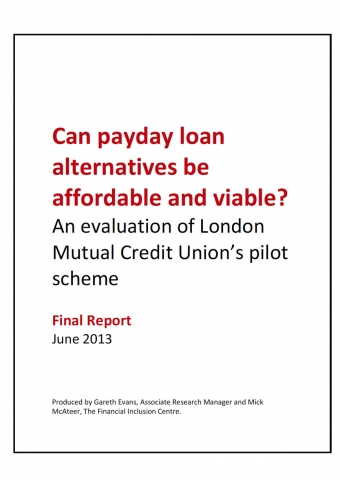
Resource
Can payday loan alternatives be affordable and viable?
London Mutual Credit Union (LMCU) had become increasingly alarmed by the escalating and often detrimental use of costly payday loans by already overindebted households.
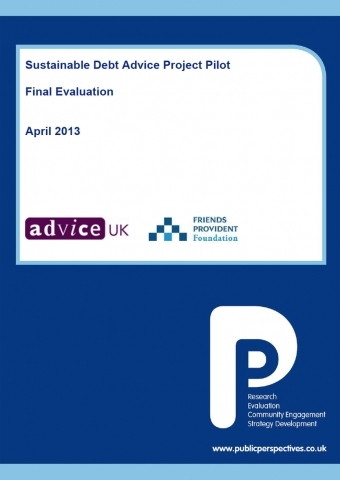
Resource
Sustainable Debt Advice Project Pilot: Final Evaluation
AdviceUK, in partnership with Payplan and ACM Solutions1, has conducted a pilot to test the viability of a sustainable debt advice model.
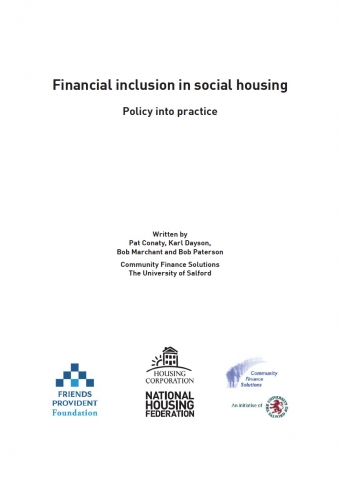
Resource
Financial inclusion in social housing: policy into practice
More than one in four households in Britain is excluded from mainstream financial services.
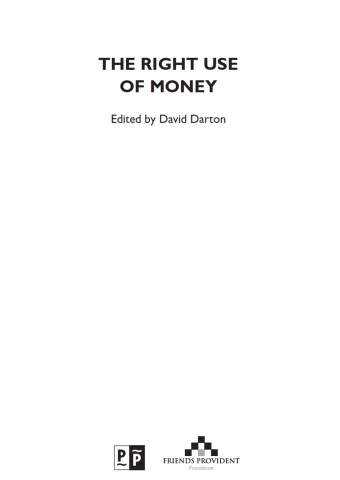
Resource
Right Use of Money
As the world continues to become ever more interconnected and complex, the decisions we take when spending and investing money not only affect ourselves.
Sign up to our newsletter
Get the latest updates from our grant holders, our partners and the Foundation straight to your inbox. Please note that by signing up to the newsletter you are agreeing to and ‘opting in’ to the terms of the Privacy Notice.
